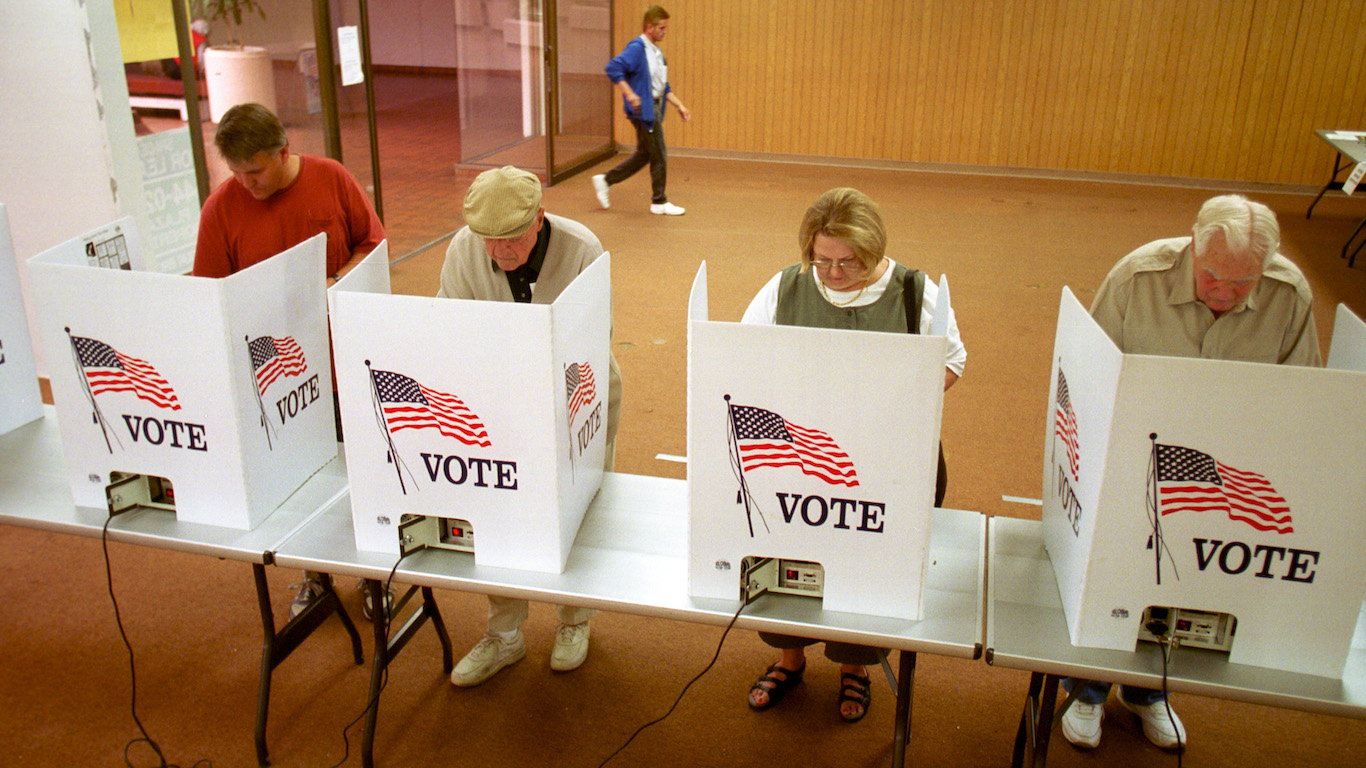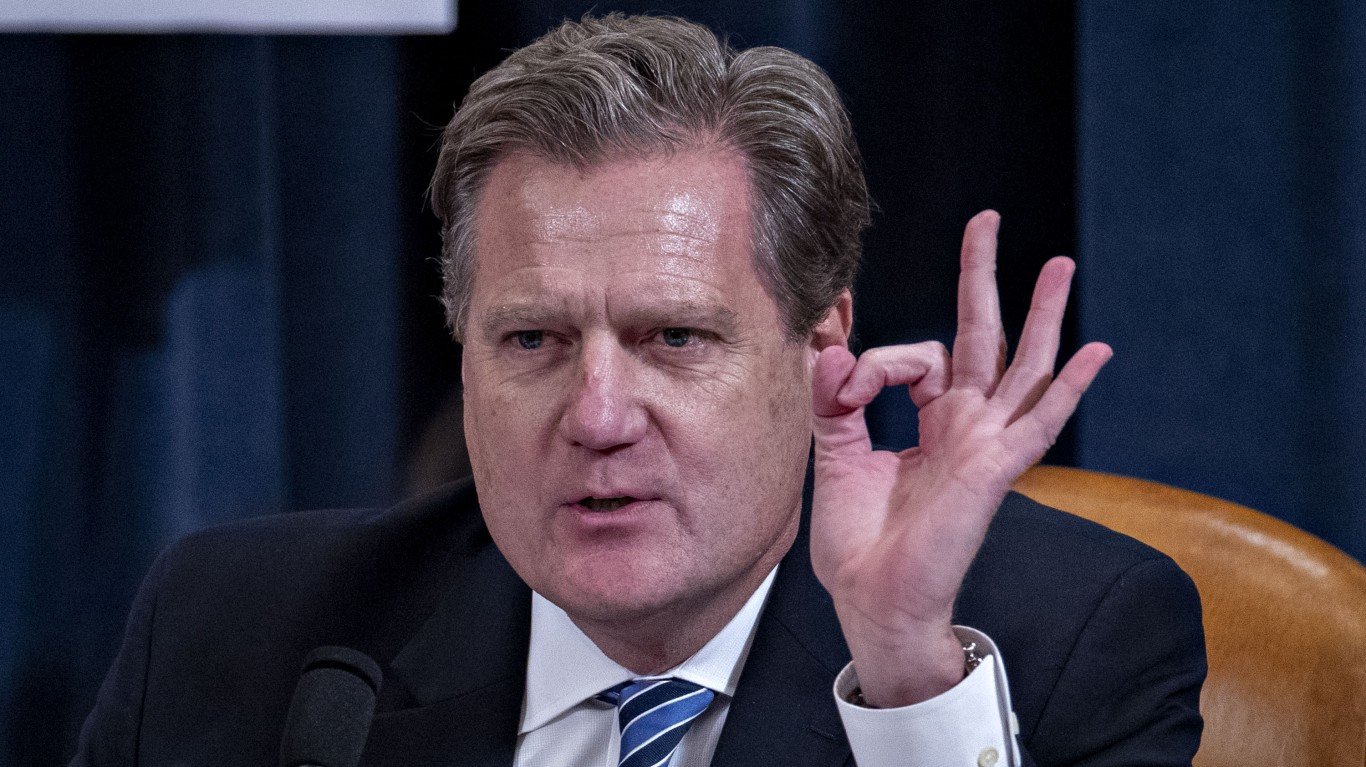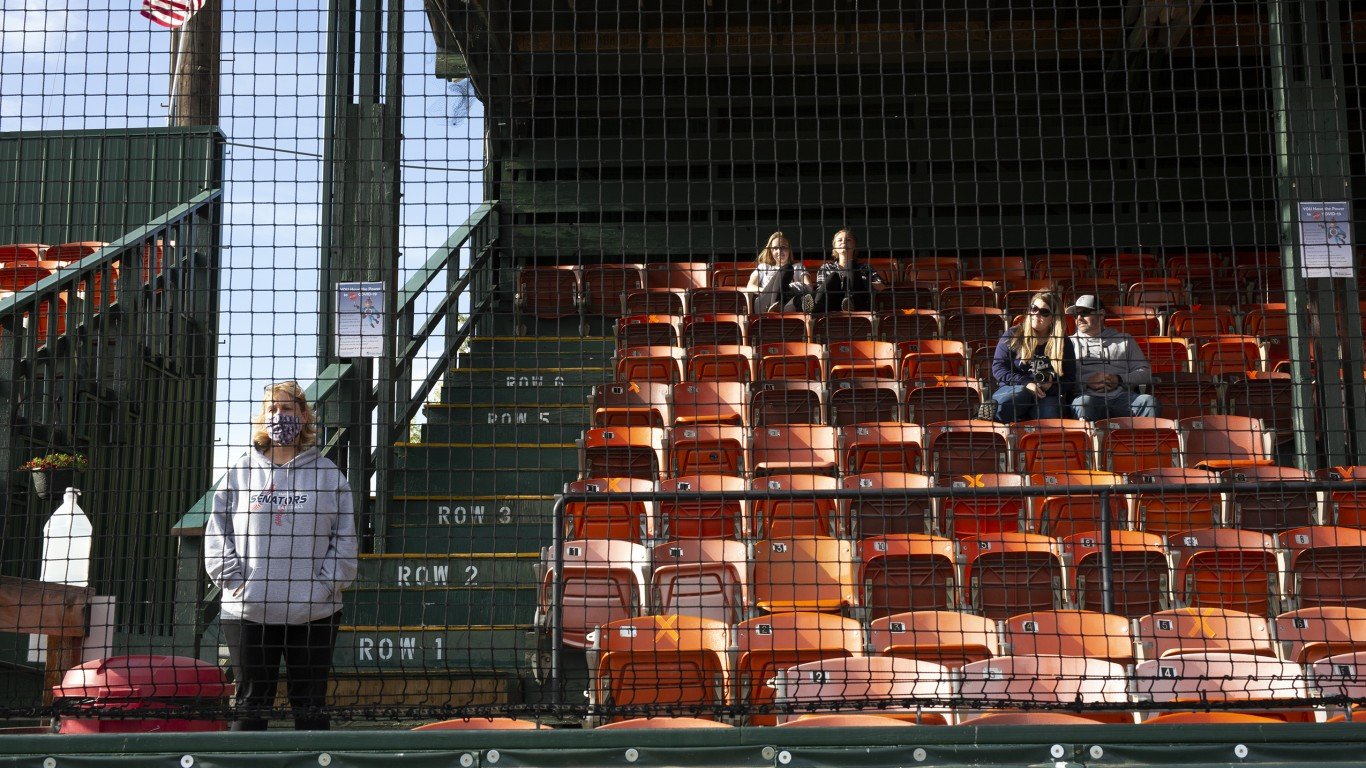

The U.S. reported a record number of new coronavirus cases for a single day on June 24, with nearly 38,000 new cases. Spikes of new COVID-19 cases have been reported in several states across the country in recent weeks. As a result, many states’ plans to continue reopening are changing. To determine each state’s social distancing measures and rules for reopening, 24/7 Wall St. reviewed executive orders from state governors over the last few weeks. Several states are now halting further plans to ease restrictions. (Disneyland in California even dropped plans to reopen on July 17). No states are considering, at least as of yet, an option to go back to a complete shutdown, though going back to phase 1 and reimposing limits on nonessential businesses is on the table. There are significant variations in how states are deciding to continue opening their economies and allow people to gather again. The United States has surpassed more than 2.4 million confirmed cases of COVID-19, and the death toll from the coronavirus disease has climbed to nearly 124,000 as of June 25. The concentration of active cases are not evenly spread across the country, and the hotspots of the virus are changing — these are the states where the coronavirus cases have doubled since last month. Click here to see every state’s rules for reopening and social distancing.
Until July 3, Alabama is under a Safer at Home order, which allows restaurants to offer food for takeout and delivery. Customers must maintain 6-foot social distancing protocols. Entertainment venues, such as arcades, movie theaters, and bowling alleys are also allowed to open, but there must be no waiting lines, people have to wear masks, and customers have to be separated by at least 6 feet. Sports practices resumed May 23, and games have been allowed to take place after June 15.
Schools in Alabama were allowed to reopen on June 1, and students and teachers need to maintain 6 feet social distancing. Employees at educational institutions are required to wear masks. These conditions will remain in place until July 3 at the earliest. Guidance, but not mandates, for school reopening in the fall will be released on June 26.
[in-text-ad]

Travelers arriving into Alaska from another state or country now have to follow new protocols: completing a traveler declaration form; presenting results of a negative COVID-19 test taken within the previous 72 hours; or taking a test upon arrival and self-quarantining until results are known. Travelers can only use road or maritime highways, and travel to remote areas is restricted to essential travel. Alaska is in phase 3 of reopening. All businesses (in full capacity), religious gatherings, libraries, museums, recreational activities, and sport activities can open.
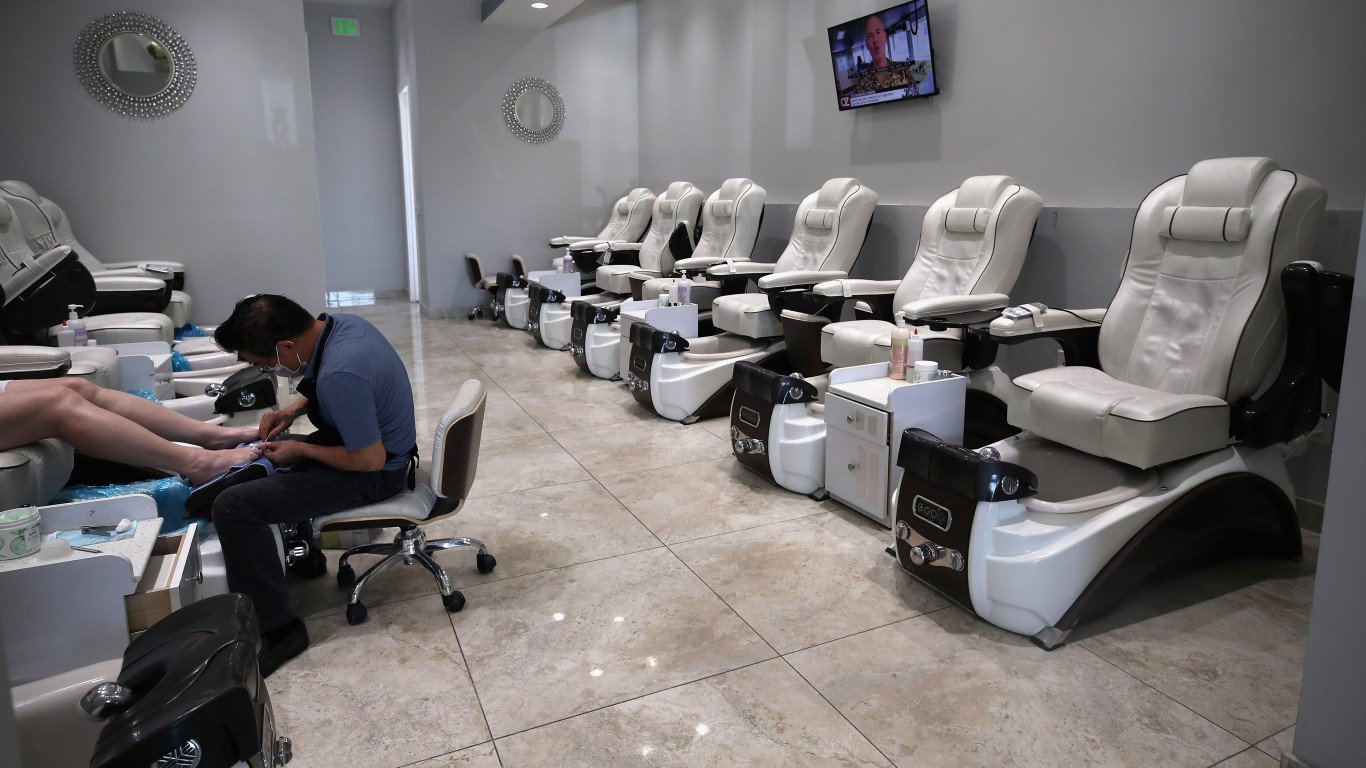
Retail stores have opened. So have gyms, spas, movie theaters, and community swimming pools. Restaurants have resumed dine-in services. People are strongly encouraged to continue practicing social distancing. Businesses are required to keep employees and customers at least 6 feet apart and to demand all in the business wear face covering whenever possible. They must also check employees for symptoms and increase cleaning and disinfecting.
There is no statewide requirement for people to wear masks but local governments can implement their own mask and face covering policies and determine enforcement.
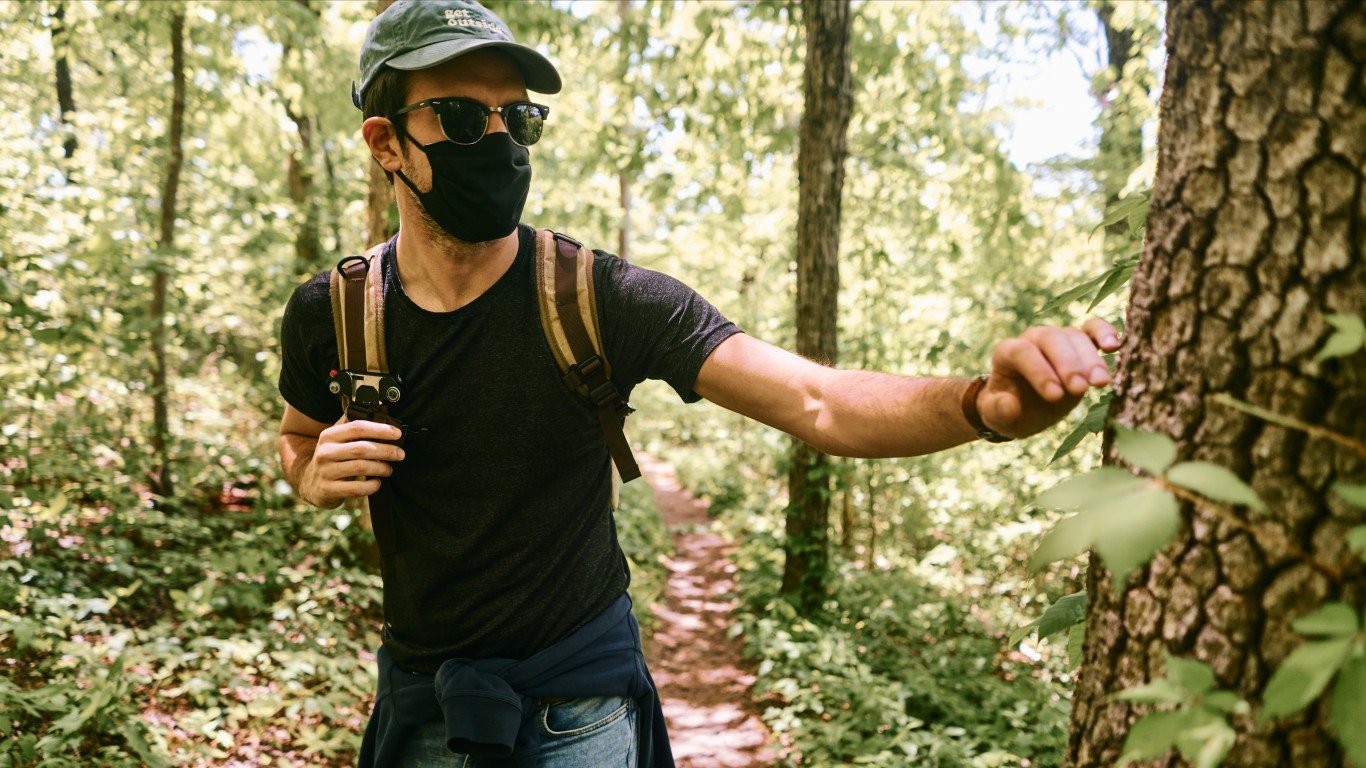
Arkansas entered phase 2 of reopening on June 15. Restaurants and other businesses can now expand to two-thirds capacity, up from a third of their capacity under phase 1. Summer day camps are open but class sizes are limited to no more than 10 people. Camp enrollment is limited in order to allow proper physical distancing.
High school and community sports teams were allowed to resume practice events starting June 1, under strict measures. Gov. Asa Hutchinson postponed in-person graduation ceremonies until at least July 1. Short-term rentals such as hotels, motels, and vacation rentals are limited to “authorized guests,” which include national guard members, first responders, homeless people, and journalists. Long-term care facilities such as nursing homes may resume limited visitation after July 1.
[in-text-ad-2]
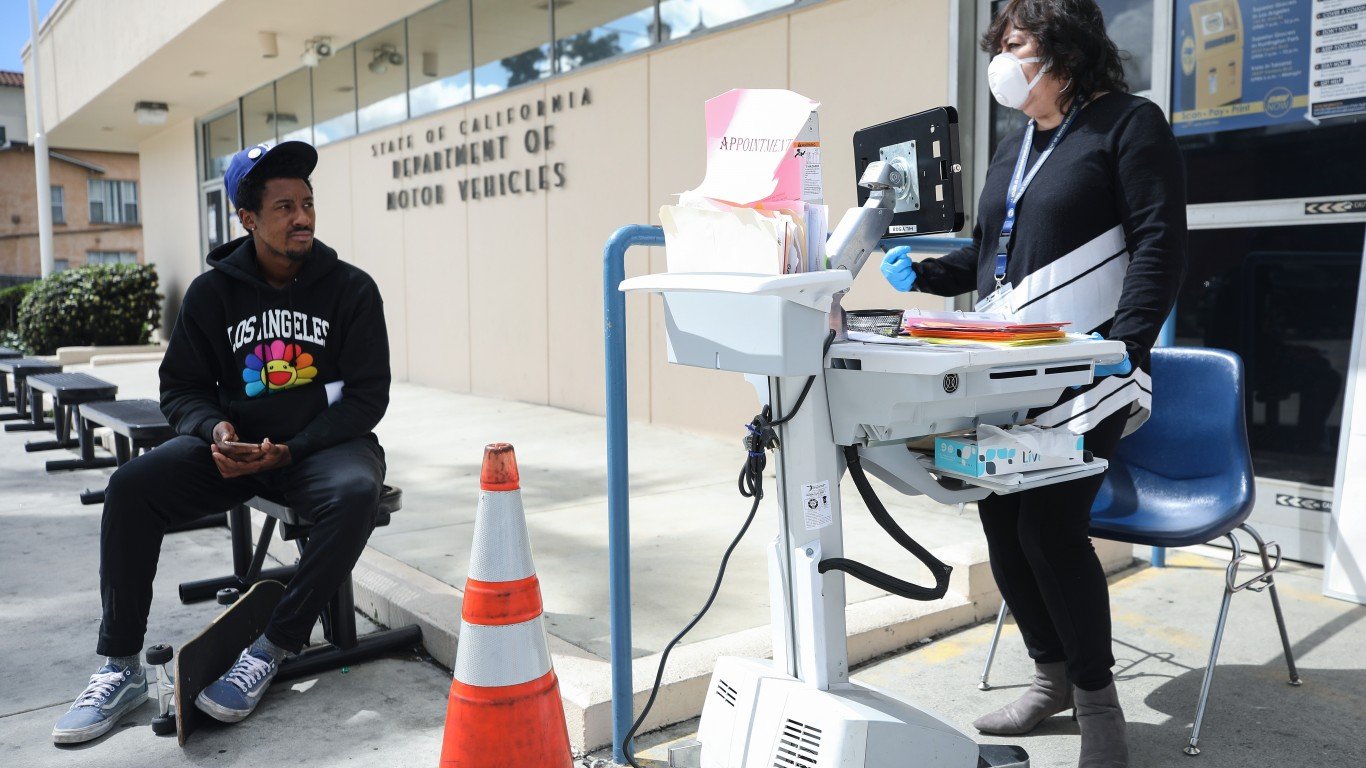
A stay-at-home order, which has no set end date, is still in effect, though some restrictions have already been lifted. New coronavirus cases in the state have reached a record high on June 23. To flatten the curve, Californians must wear masks or other face coverings while in public or in high-risk places such as stores, public transit, or hospitals.The state is still reopening at the county level, with counties that meet specific criteria allowed to lift certain restrictions.
In phase 3, music, TV and film production, as well as professional sports (without fans) have been able to resume operations subject to approval by county public health officials since June 12. Nail and hair salons, tattoo parlors, massage parlors, and other personal care services can reopen starting June 19 in approved counties. Day camps can resume activities but limit the number of people in the camp so physical distancing can be maintained. No date has been set yet for the beginning of phase 4, when concerts and sports will be allowed to have live crowds.

Gov. Jared Polis signed an order on June 1 shifting Colorado to a Safer at Home and in the Vast, Great Outdoors order from the previous Safer at Home order. The new order now encourages people to go outside while maintaining social distancing. Playgrounds and swimming pools are allowed to open at limited capacity. Public and private gatherings are limited to 10 people. Nonessential employees are strongly encouraged to keep working from home for at least until the end of June.
Restaurants are now allowed to serve alcoholic beverages in expanded outdoor dining spaces. After June 18, bars can reopen at 25% capacity or 50 people indoors, whichever is fewer. Overnight camps will be allowed if they have no more than 25 children outdoors and 10 indoors. Cosmetic and personal services can reopen as well. Indoor gatherings of up to 100 people and outdoor events of up to 175 people can resume, as long as people can stay at least 6 feet apart.
[in-text-ad]
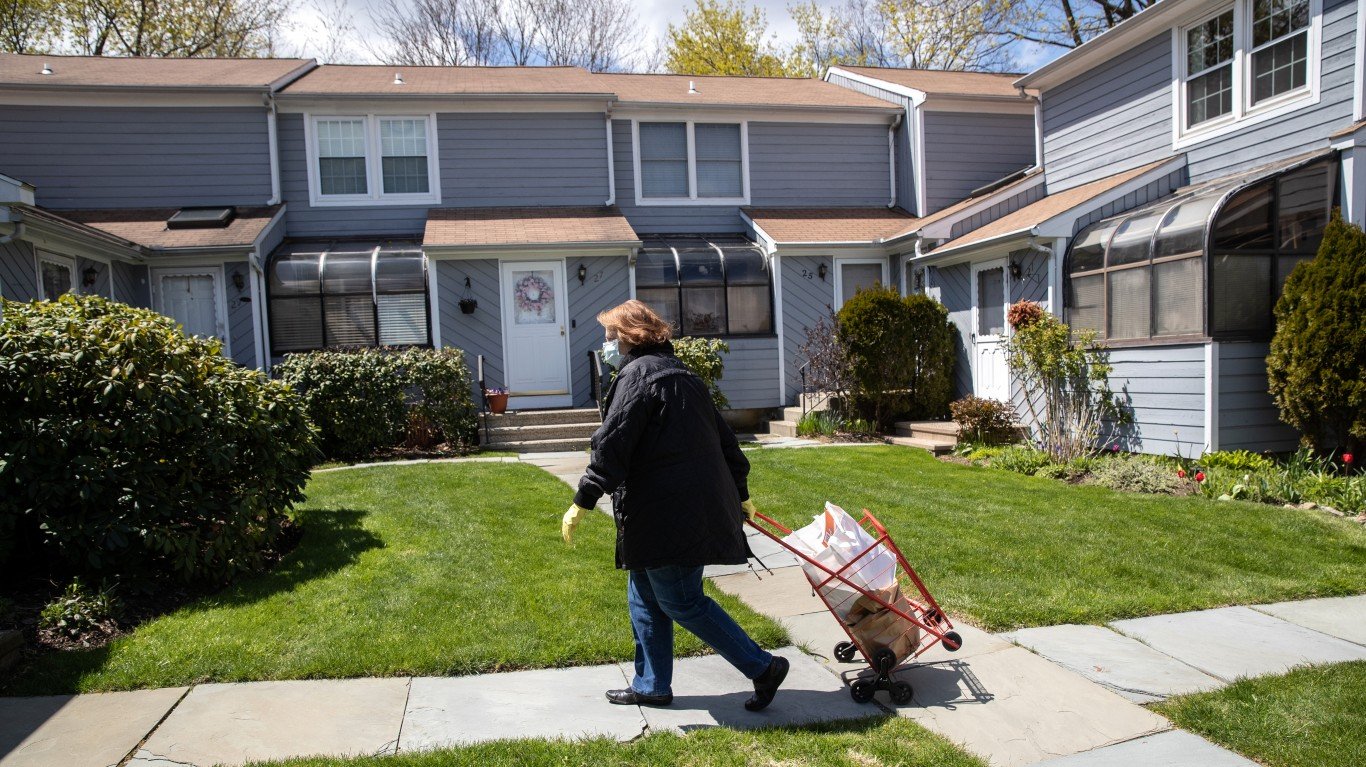
Connecticut announced that summer camps will be allowed to open on June 29, in compliance with state requirements. As of June 1, barbershops, hair salons, and tribal casinos were allowed to reopen. Gov. Ned Lamont’s order on limits on social gatherings was amended, and as of June 1, outdoor gatherings of up to 25 people were allowed, in compliance with social distancing protocols of 6 feet apart and wearing of masks. As of June 2, child care facilities have been allowed to have 50 kids, up from 30. Outdoor and in-person graduation ceremonies can be held after July 6. State campgrounds will open for the season on July 8. Campers can make reservations online beginning June 20. The state’s two river ferry services resumed on June 20.
Connecticut is one of three states that now require people coming from states with a 10% positivity rate in daily COVID-19 testing or higher to self-isolate for two weeks.
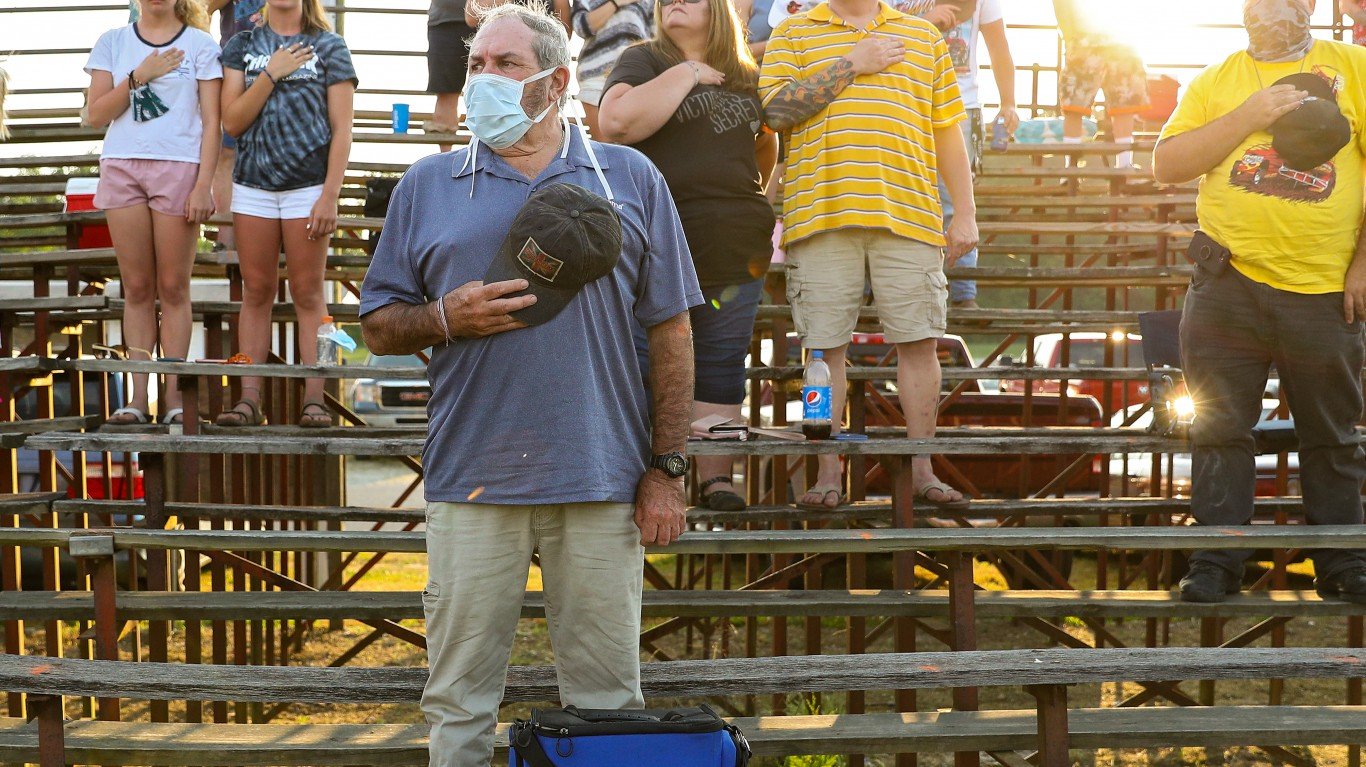
Delaware’s state museums reopened on June 1 for self-guided tours. Personal care services such as massage therapy were allowed to reopen at 30% capacity on June 8. Delaware began phase 2 of reopening on June 15, with retailers, restaurants, and other establishments allowed to expand to 60% capacity. Personal care businesses have been allowed to expand from 30% to 60% capacity as well since June 22.
Outdoor gatherings are allowed but of no more than 250 people. Child care facilities can now open for all families but with group size limits. People are required to wear face coverings in public settings, including stores, doctor’s offices, and public transportation.
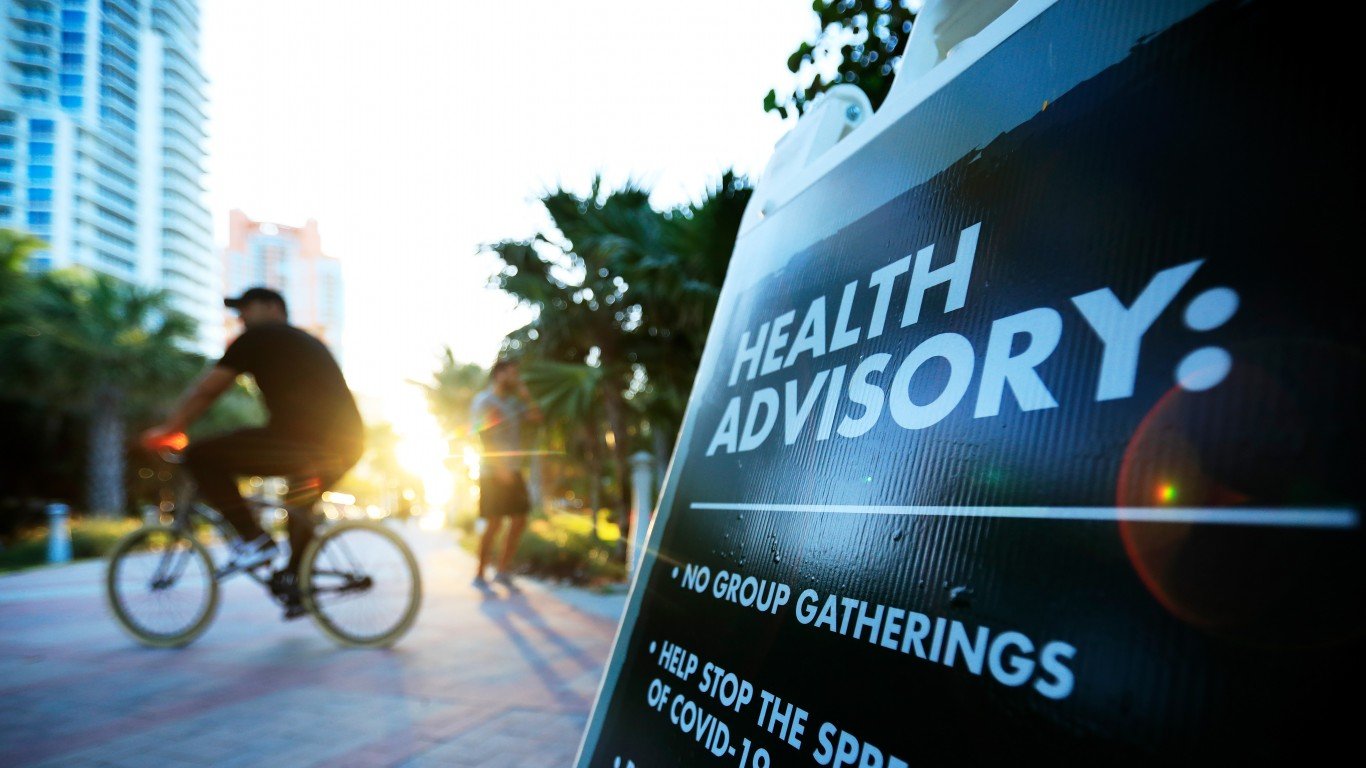
Phase 2 of the reopening of Florida’s economy began on June 3. Under phase 2, bars and pubs may operate dine-in service at 50% capacity inside and full capacity outside. Movie theaters and entertainment venues can operate at 50% capacity also. There are restrictions on salons and barbershops. All Florida counties, except Miami-Dade, Broward, and Palm Beach, entered phase 2 on June 5.
The state has yet to a date for the start of phase 3, when bars, restaurants, gyms, and other businesses can resume operations at full capacity and when sporting events will be open for fans. Florida has to have a downward trend of new coronavirus cases before phase 3 is implemented. This may not happen soon as the state is experiencing a surge of COVID-19 cases, with young people comprising most of the new positive tests.
[in-text-ad-2]
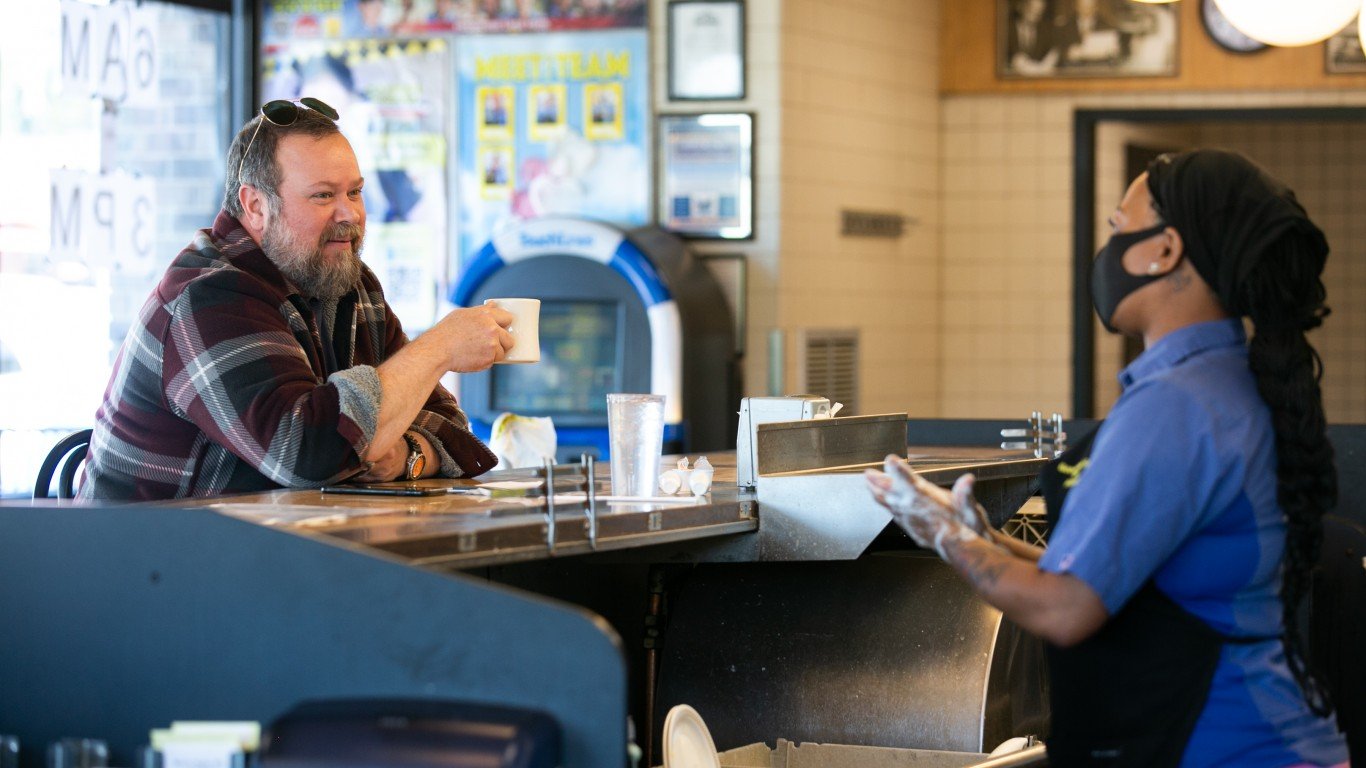
The general shelter-in-place order expired on April 30, and the shelter-in-place order for older state residents and other at-risk individuals expired on June 12. Most social gatherings of more than 50 people are banned, unless there can be 6 feet of distance between every person. Gov. Brian Kemp permitted amusement park rides, carnivals, circuses, and water parks to open beginning June 12 in compliance with health requirements. Restaurants no longer have a limit on how many people can sit at one table or on the number of customers per square foot. Bars can now have 50 people or 35% of full capacity, whichever is greater.
Effective July 1, live performance venues can open if they meet certain criteria. Exhibitions, trade shows, conferences, business retreats, and other conventions can be held as of July 1. Overnight summer camps are open but people can attend only if they have tested negative for COVID-19 within 12 days.
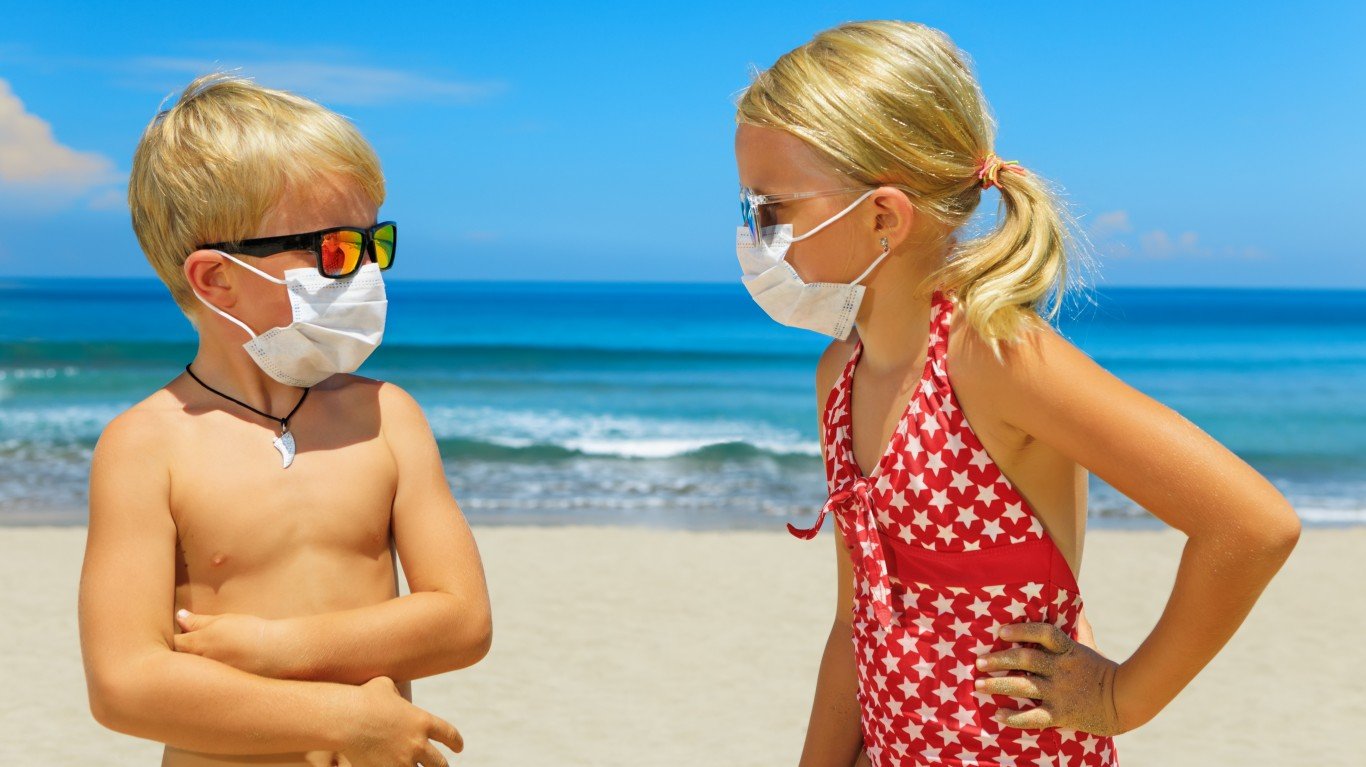
The state lifted the 14-day quarantine requirement for those traveling between islands on June 16, but it is requiring thermal screening at the airport. Travelers may be prevented from flying if they have a temperature above 100.4 degrees Fahrenheit. After Aug. 1, people visiting Hawaii who test negative up to three days prior to arriving in the state won’t have to self-quarantine.
Beaches are open for recreational activities and as long as social distance is maintained. Malls, car washes, nonemergency medical visits, and retailers were allowed to reopen. The state is in phase 2 of reopening, allowing indoor gathering places and exercise facilities, as well as museums, theaters, personal services, and dine-in restaurants to reopen. Boaters can allow up to 10 people per boat (unless all people aboard are from the same household). Surf schools and kayak rentals can operate with a 10-person limit.
[in-text-ad]
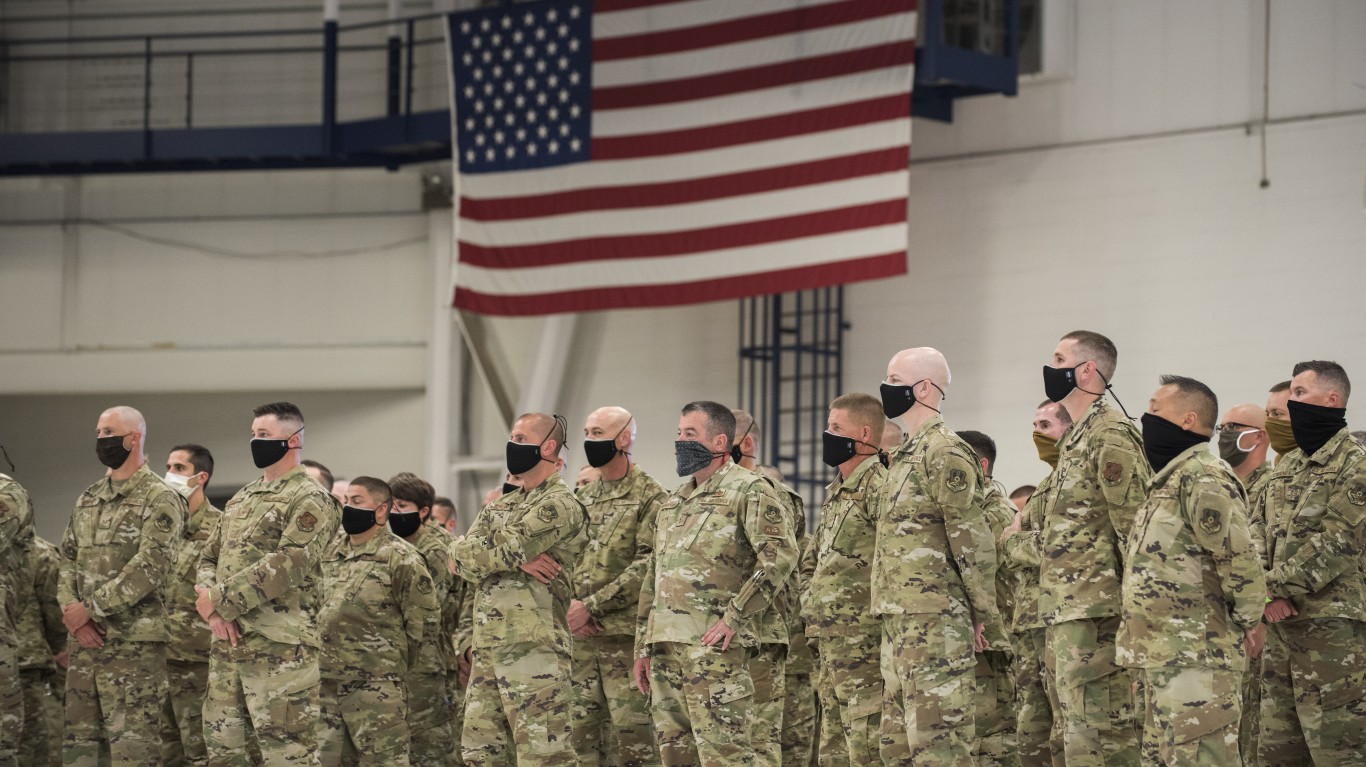
Idaho is in phase 4 of reopening. As of June 13, gatherings of more than 50 people will be allowed where social distancing can be practiced. Nonessential travel is permitted to locations without ongoing transmission of the virus. Bars and movie theaters can reopen if they meet safety protocols, and nightclubs and large venues can open with limited standing-room capacity. Restaurants can allow more than six people at one table. Employees can return to offices if they practice social distancing. The state still encourages face mask use and maintaining 6 feet of distance from others in public.
Phase 4 is scheduled to end on June 26, after which the state is supposed to enter the Idaho Rebounds Plan. It’s unclear if this will happen due to an increase in coronavirus infections.
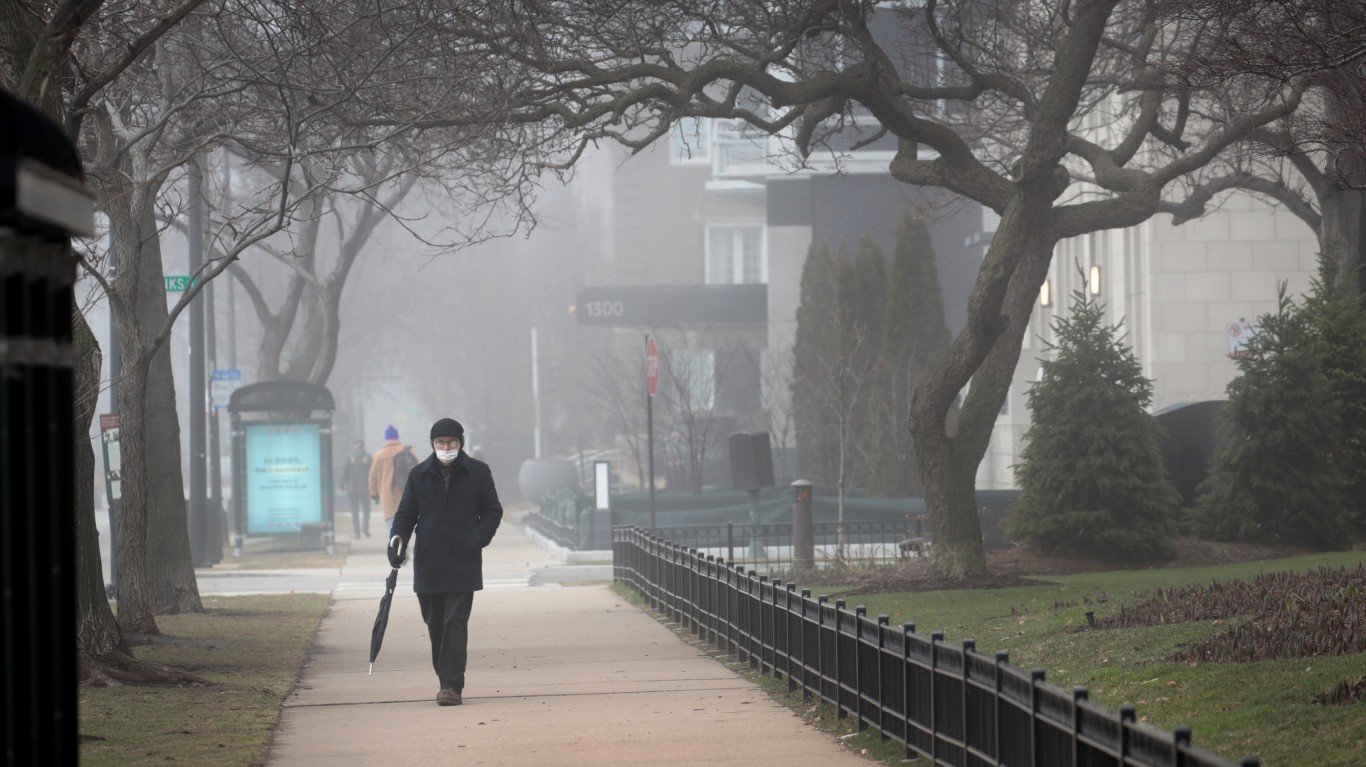
The state is scheduled to begin phase 4 of reopening on June 26. In phase 4, the limit on social gatherings will expand from 10 to 50 people. Businesses in sectors such as health, fitness, movies, theaters, museums, and zoos can either open or expand capacity limits. Indoor dining can resume with groups of no more than 10 people, with tables spaced 6 feet apart in seated areas. Standing areas can’t exceed 25% of capacity. Indoor movie theaters can admit no more than 50 guests or 50% of full capacity.
People must wear masks or face coverings in public places where they cannot maintain 6 feet of distance from others. Public and private schools in the state can reopen for limited in-person summer school.
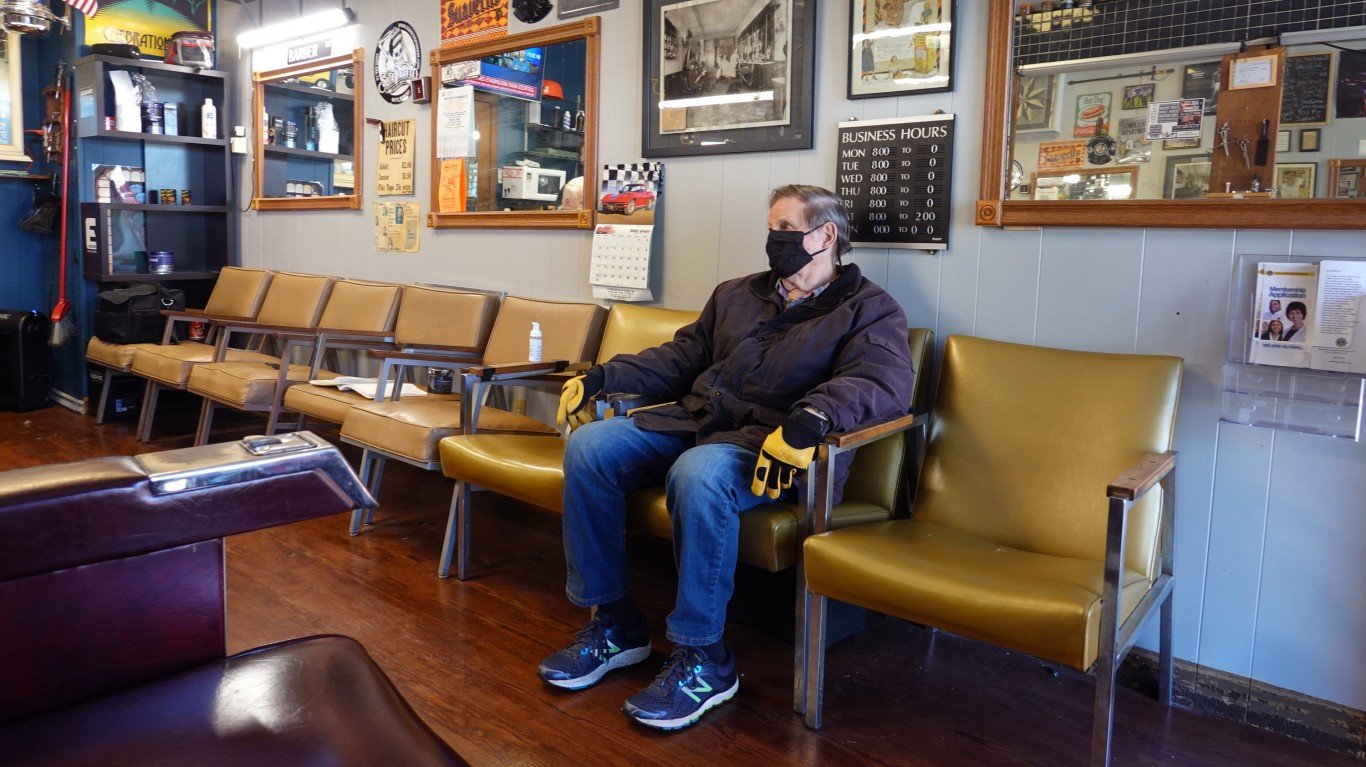
Phase 4 of reopening began on June 12. Access restrictions to state government building were lifted. Professional office building employees will be able to resume work at full capacity. Retail stores and malls can open at full capacity. Restaurants can expand indoor dining to 75% capacity. Bars, nightclubs, bar seating in restaurants, movie theaters, bowling alleys, and similar entertainment facilities can open at 50% capacity with social distancing rules in place. Recreational sports can resume with restrictions. Amusement and water parks can open at 50% capacity with restrictions. The Department of Motor Vehicles resumed walk-in services, but driving skills exams are still not available.
Since June 15, any person who lives or works in Indiana, showing symptoms or not, has been able to be tested for COVID-19 for free.
[in-text-ad-2]
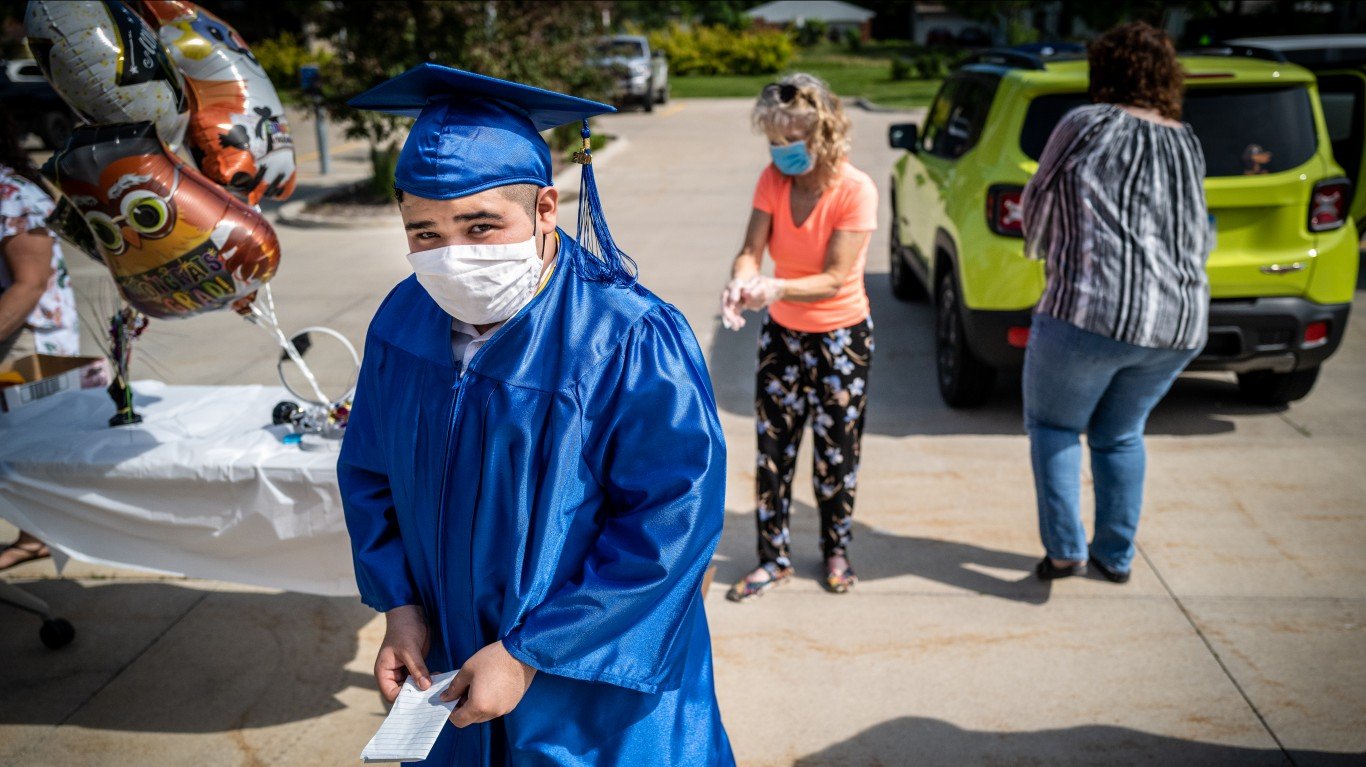
Iowa’s speedways, racetracks, and amphitheaters were allowed to reopen on June 1. Casinos were also allowed to reopen, as well as amusement parks, bowling alleys, pool halls, and arcades. Bars and other establishments that serve alcohol can reopen for indoor and outdoor seating. However, some restaurants and bars in major Iowa cities are voluntarily choosing to temporarily close doors again as the number of COVID-19 cases surges in big urban areas.
As of June 12, businesses, including gyms, could begin to operate at full capacity with social distancing and hygiene and public health measures. Swimming pools, indoor playgrounds, theaters and performance venues, senior citizen centers, and adult day care facilities can reopen in compliance with state guidance.

The third phase of the reopening began June 8. Due to spikes in coronavirus cases in some areas, local health officials recommend phase 3 that lasts at least until July 6, a delay from the original end date of June 22. Social gatherings of up to 45 people are now allowed, up from 15. Bars and restaurants must preserve a 6-foot distance between tables, booths, and barstools. Casinos and indoor leisure spaces can open as well. Nonessential travel may resume. Restrictions on on-site staffing have been lifted. All education, activities, venues and establishments can operate if they follow public health guidelines. Local governments can impose stricter rules. Driving tests to get a driving license have resumed statewide since June 22. Everyone in the car has to wear a face mask.
[in-text-ad]
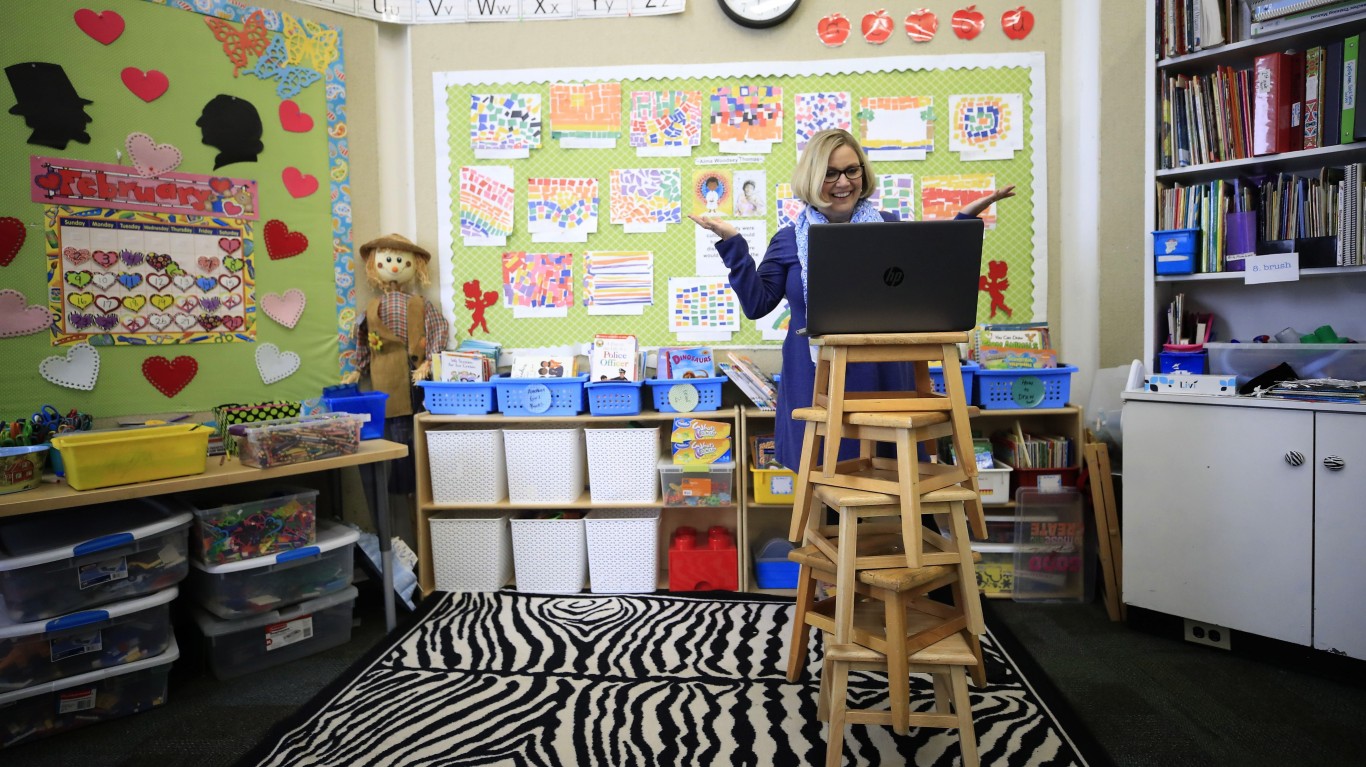
Movie theaters and fitness centers were allowed to reopen on June 1, and museums, outdoor attractions, aquariums, libraries, and distilleries were allowed to reopen on June 8. Campgrounds can now reopen. Child care services can reopen as well with reduced capacity. Restaurants and bars can expand capacity to 50% or more as long as people not from the same household can be 6 feet apart starting June 29. Outdoor seating is unlimited. Businesses that were permitted to operate at 33% capacity since May 22 have been allowed to increase capacity to 50% since June 22, provided they comply with guidelines. Effective June 29, gatherings of up to 50 people will be allowed, but people must maintain physical distancing. NASCAR races will return to the Kentucky Speedway with no live audience beginning July 9.
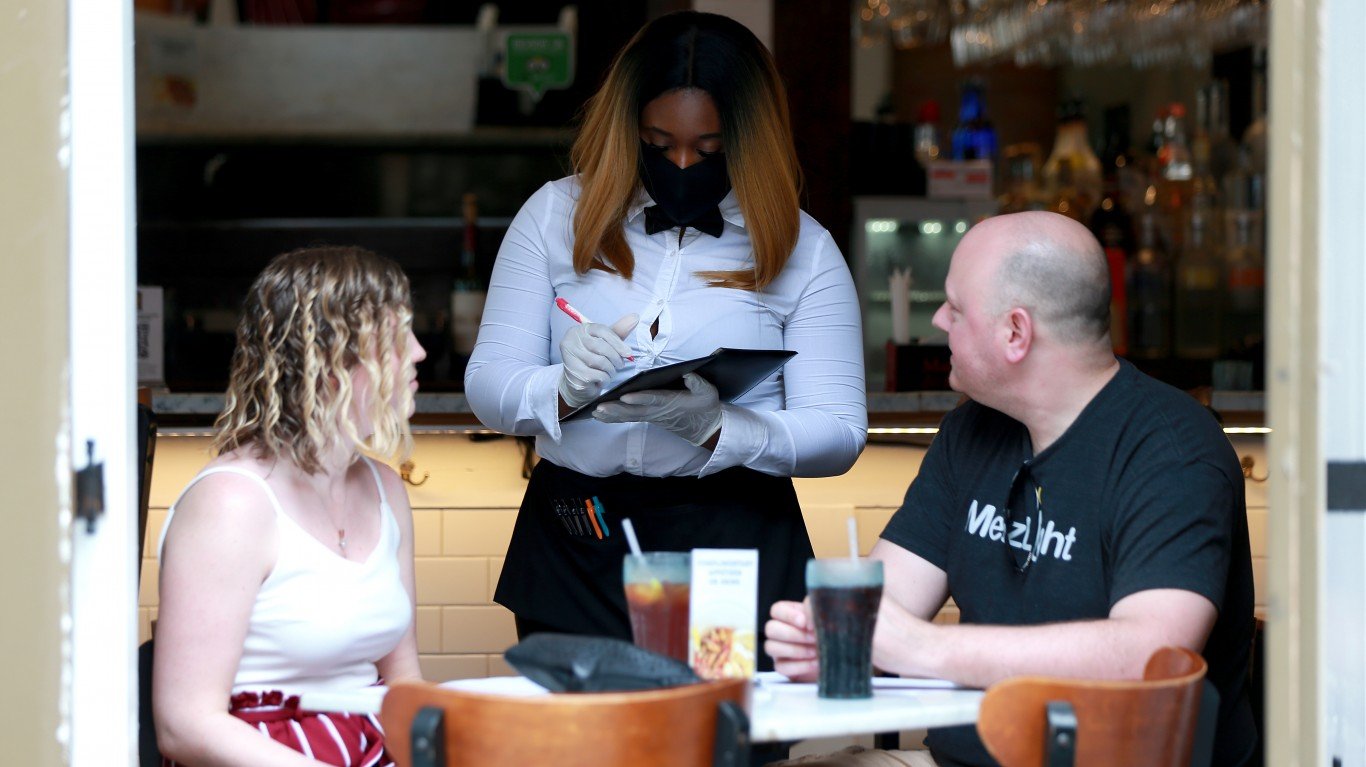
The state entered phase 2 of reopening on June 5, and the second phase was expected to last three weeks. However, Gov. John Bel Edwards recently announced that Louisiana would remain in phase 2 for at least another four weeks as the numbers of new COVID-19 cases and hospitalizations have begun to rise.
In phase 2, places of worship and businesses that were already allowed to open can expand to 50% capacity with social distancing. These businesses include massage and tattoo parlors, spas, bars and breweries with food permits, bowling alleys, arcades, pool halls, casinos and video poker, trampoline parks, event centers and wedding venues, and outdoor playgrounds and play centers. Employees who work with the public must wear face coverings. Businesses are strongly encouraged to offer temperature checks to patrons. Expanded phase 2 guidelines allow bars and nightclubs to host live music.
As of June 17, all counties in Maine were allowed to reopen indoor dining with additional health and safety protocols. Bars, breweries, and tasting rooms can reopen for outdoor, seated service. Indoor service was supposed to resume July 1 but that has been postponed indefinitely due to coronavirus outbreaks in the state linked to indoor bars.
Gyms, tattoo parlors, and nail salons can open while adhering to requirements such as wearing masks and maintaining physical distance. Capacity limits at retail establishments now allow up to five customers per 1,000 square feet. Maine lodging providers began accepting reservations for stays with an arrival date of June 1 or later for Maine residents and for non-residents who comply with the state’s 14-day self-quarantine mandate. Gatherings of people were increased to 50 from 10 as of June 1.
[in-text-ad-2]
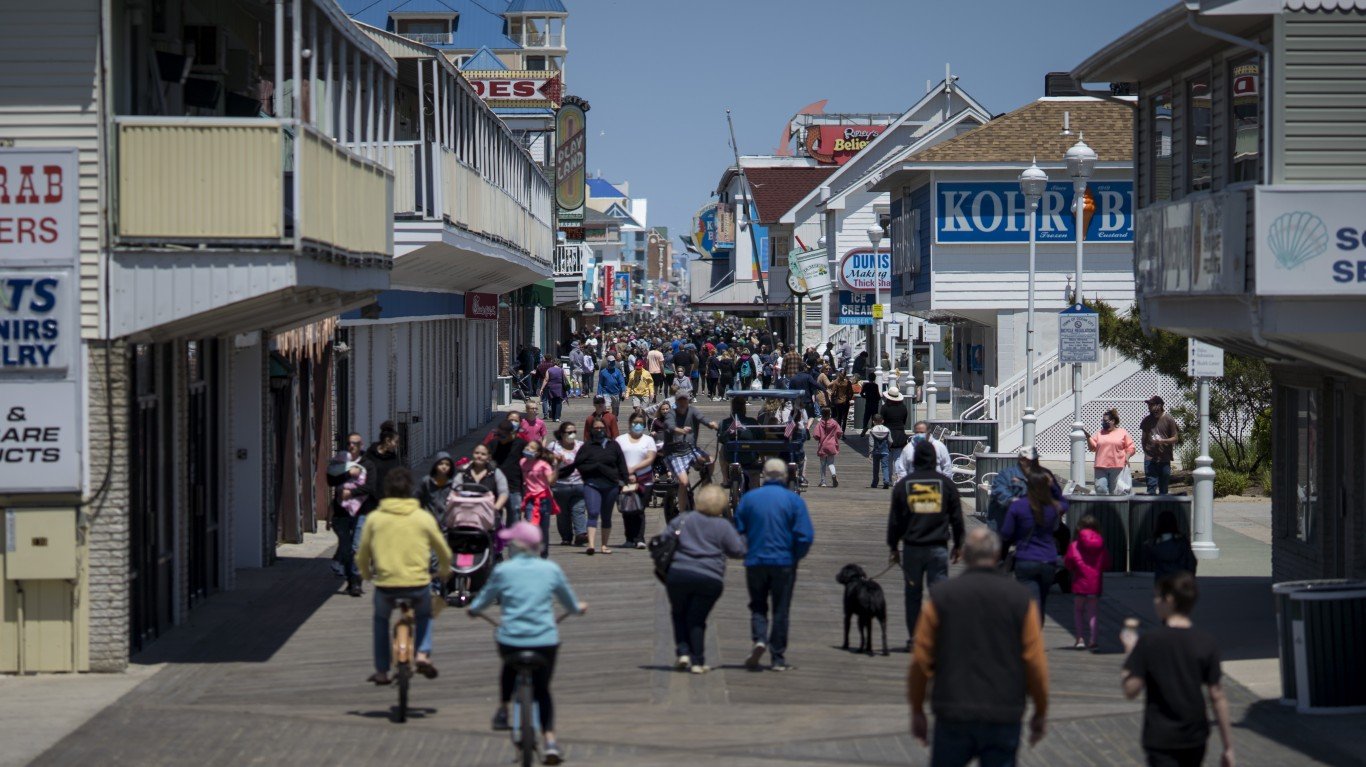
Maryland shifted to phase 2 of its reopening plan on June 5 by lifting the order requiring the closing of nonessential businesses. Restaurants can open indoor dining at 50% capacity. Outdoor amusements and rides can open with restrictions. After June 19, indoor gyms, martial arts, dance, and other indoor fitness studio activities resumed activities at 50% capacity. All child care providers may start to reopen, with up to 15 people per room. Employees able to telework are encouraged to continue to do so. Other guidance from the state for the workplace includes wearing face coverings, conducting temperature checks for workers, implementing split schedules, and staggering shifts.
Outdoor high school sports can resume practices and training activities. Nursing homes are allowed to resume limited outdoor visitation as well as small group activities with proper precautions.
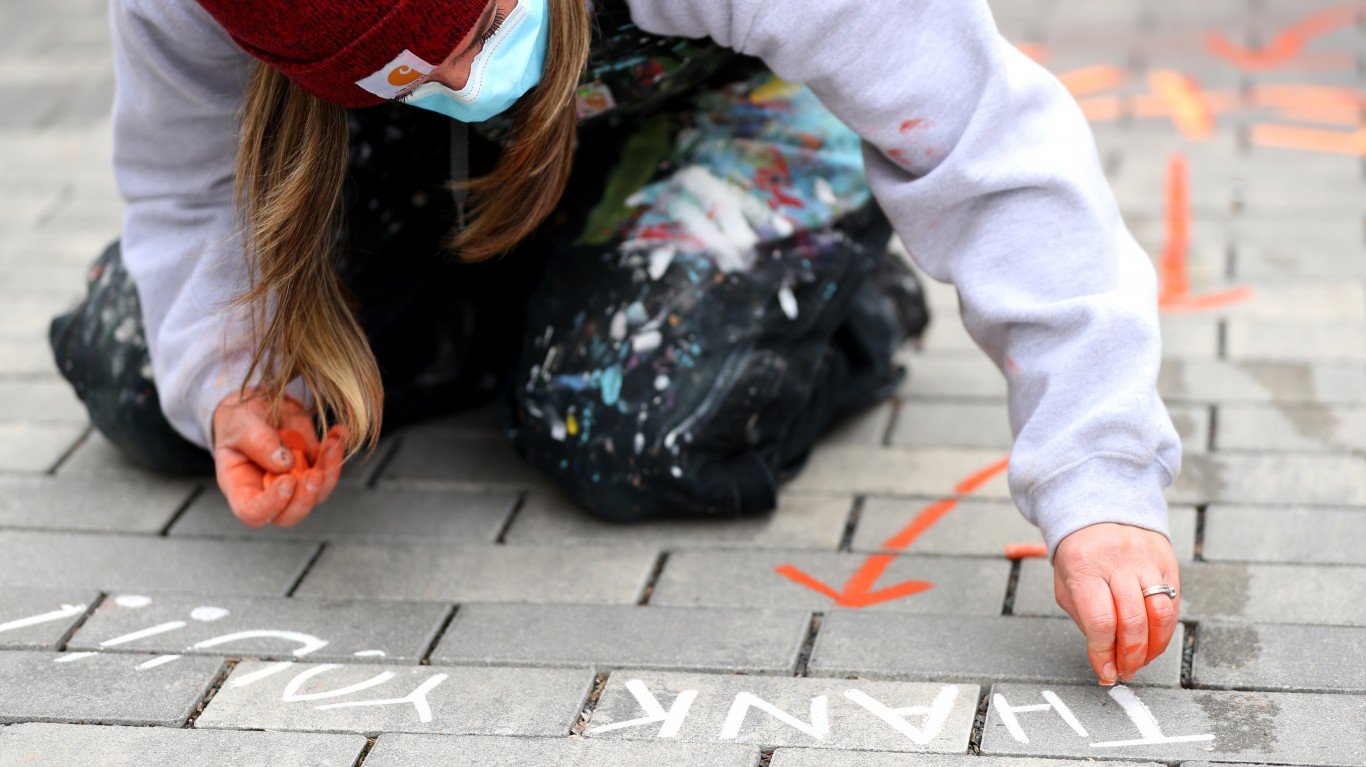
The second part of phase 2 of reopening started on June 22. Indoor service at restaurants and businesses that provide close contact personal services can reopen. Retail dressing rooms can open by appointment only, and offices can open at 50% capacity.
Organized sports programs resumed for no-contact drills and practices, but participants must be separated into groups of 10 or fewer. Colleges and occupational schools can resume for the purposes of completing graduation requirements. Massachusetts recently released guidelines for reopening schools in the fall. All students above second grade as well as adults have to wear masks, maintain social distance, and most likely eat in their classrooms.
[in-text-ad]
Retailers are open, but with capacity limits. Swimming pools, libraries, museums, and day camps for children can open as well. Groups of up to 250 people have been allowed to gather outdoors while social distancing since June 1. Indoor gatherings are limited to 10 people. Outdoor performance and sporting venues can reopen but with a capacity of no more than 500 people. Hair salons and similar personal care businesses can resume services. Restrictions on overnight travel and troop camps have been lifted. Some school sports and other extracurricular activities can resume, but outdoors only.
Six of Michigan’s eight regions were supposed to move to phase 5 of reopening by June 26. This has now been postponed at least until July 4 due to isolated outbreaks of new COVID-19 cases in some parts of the state. People statewide are required to wear non-medical grade face coverings in closed public spaces. Employers are obliged to provide masks to employees who are back in the office.
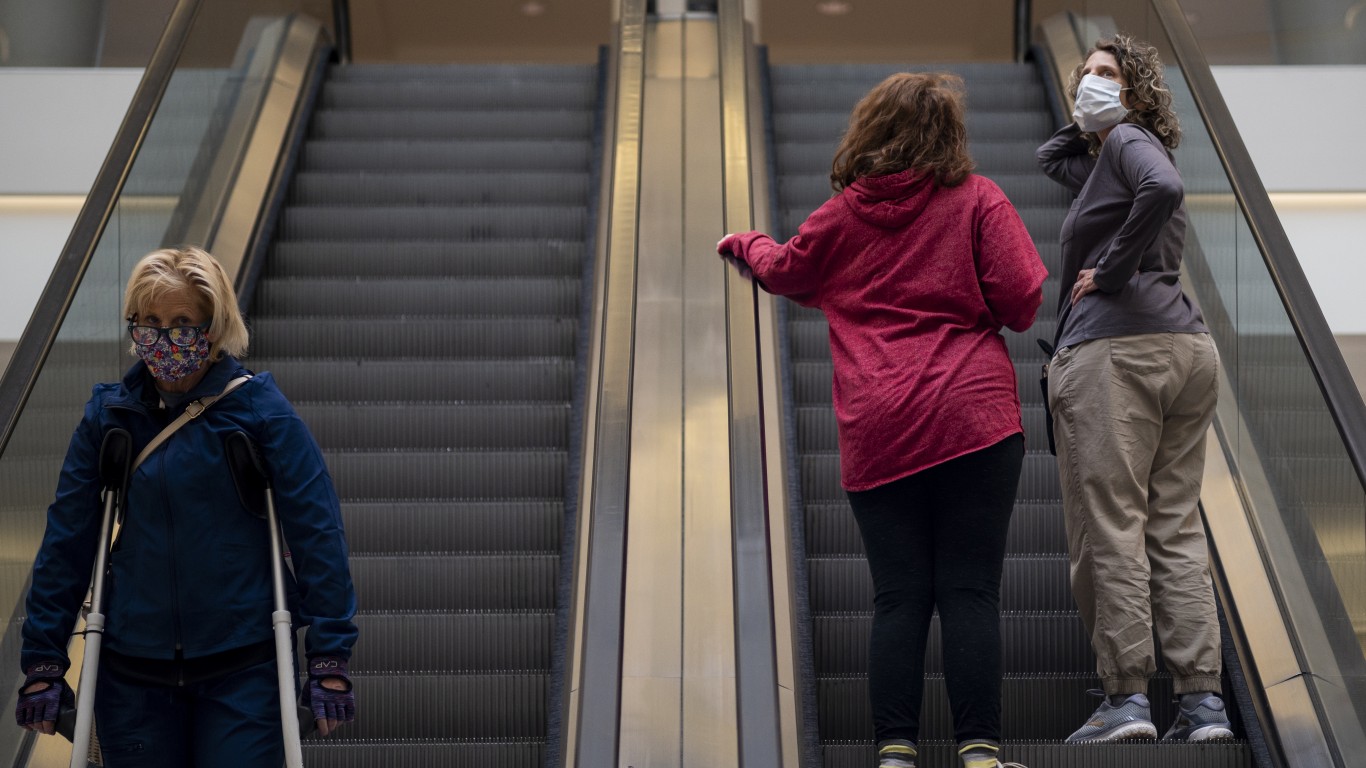
Minnesota is now in phase 3 of reopening. The plan allows for the limited reopening of indoor dining, gyms, and entertainment venues. Restaurants can open indoor dining at 50% capacity, but reservations are required. Gyms, movie theaters, and other indoor entertainment venues can open at 25% capacity. Hair salons, barbershops, and tattoo parlors can expand to 50% capacity, but clients have to make reservations. Places of worship can expand to 50% capacity.
Outdoor event venues, including sporting events, concerts, and theaters, can open at 25% capacity. Indoor social gatherings are limited to 10 people. Outdoors, people can gather in groups of 25. Public swimming pools can reopen at 50% capacity if they have a COVID-19 Preparedness Plan. Youth sports can begin team practices and outdoor games and scrimmages. Indoor games and scrimmages can resume on July 1.
Mississippi’s safer-at-home order ended June 1 and has been replaced by a safe return order, which was effective until June 15. Social gatherings must comply with social distancing requirements, with a limit of 50 people indoors and no more than 100 people outdoors. Gatherings where people cannot socially distance have limits of 20 people indoors and up to 50 people outside.
Health care procedures can return as before, but hospitals have to set aside at least 25% of capacity for COVID-19 patients. School buildings can open for summer programs. Restaurants and bars can now have live music performances, with customers and musicians maintaining at least a 12-foot distance. Indoor places of amusement such as bowling alleys and playgrounds can open at 50% capacity. Gyms and fitness centers can expand to 50% capacity. Outdoor and indoor arenas can open with limiting seating to 25% capacity.
[in-text-ad-2]
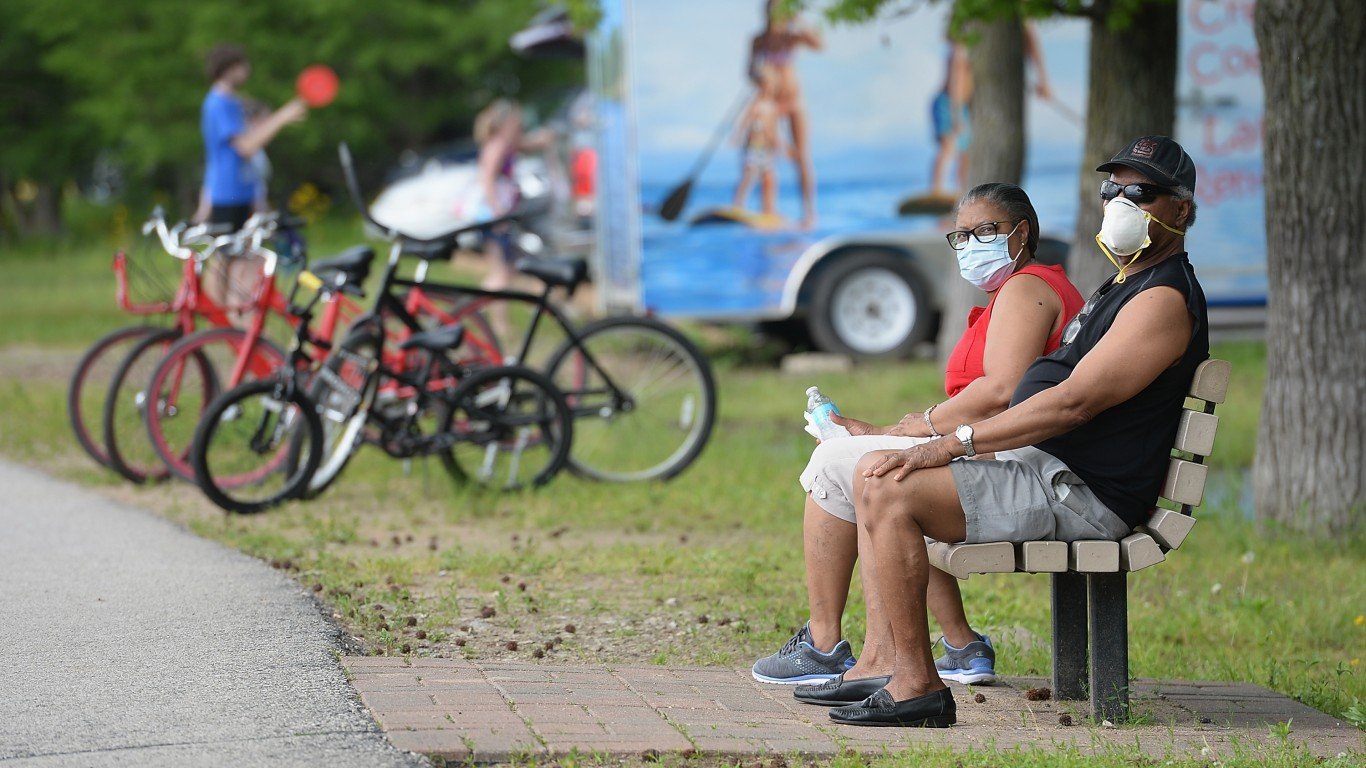
Missouri’s stay-at-home order ended May 4. Phase 2, which began June 15, allows the maximum number of people gathering in one place to increase to 50 people from 10. Also in phase 2, businesses such as restaurants, places of worship, gyms, and salons may boost operations to 50% capacity as long as social distancing is followed.
Local officials still have the authority to put further restrictions in place. Outside and window visitations at long-term care facilities are now allowed provided they comply with social distancing protocols. Group dining and group activities in the facilities may resume under certain circumstances, including not having any cases of COVID-19 among staff or residents, or it has been 28 days since the last coronavirus case was confirmed.

Phase 2 of reopening started on June 1, and gatherings are now limited to a maximum of 50 people. Also beginning on June 1, restaurants, bars, breweries distilleries, and casinos were allowed to expand to 75% capacity. Gyms, indoor group fitness classes, pools, and hot tubs can also operate at 75% capacity. Concert halls, bowling alleys, and other places of assembly can resume activities but with reduced capacity. The 24-person cap per child care facility has been lifted. Employers should still allow employees to work remotely as much as possible. Glacier National Park began to reopen certain parts of the park on June 8. Areas of the west side of the park are open for day-use only. Montana’s gates to Yellowstone National Park in West Yellowstone, as well as Gardiner and Cooke City are now open as well.
[in-text-ad]

After June 22, 89 counties are now in phase 3 of reopening, and the remaining four counties are in phase 2. In phase 3, restaurants and bars can expand to 100% occupancy with no more than eight people per table. Games such as pool and darts will be allowed. Self-serve buffets and salad bars are still banned. Gyms, fitness centers, and health clubs can operate at 75% capacity. Personal care service businesses can operate at 75% capacity, but everyone has to wear masks. Wedding and funeral venues can allow a maximum of eight people per table and must limit dances or social events requiring guests to leave their tables.
Statewide, as of June 22, fan attendance for youth and school games expanded and is no longer limited to household members only. Contact team sports can begin practices and play games starting July 1. Drive-in movies can resume, but people must remain inside their cars. Parades, carnivals, dances, and beer gardens are banned until at least June 30.
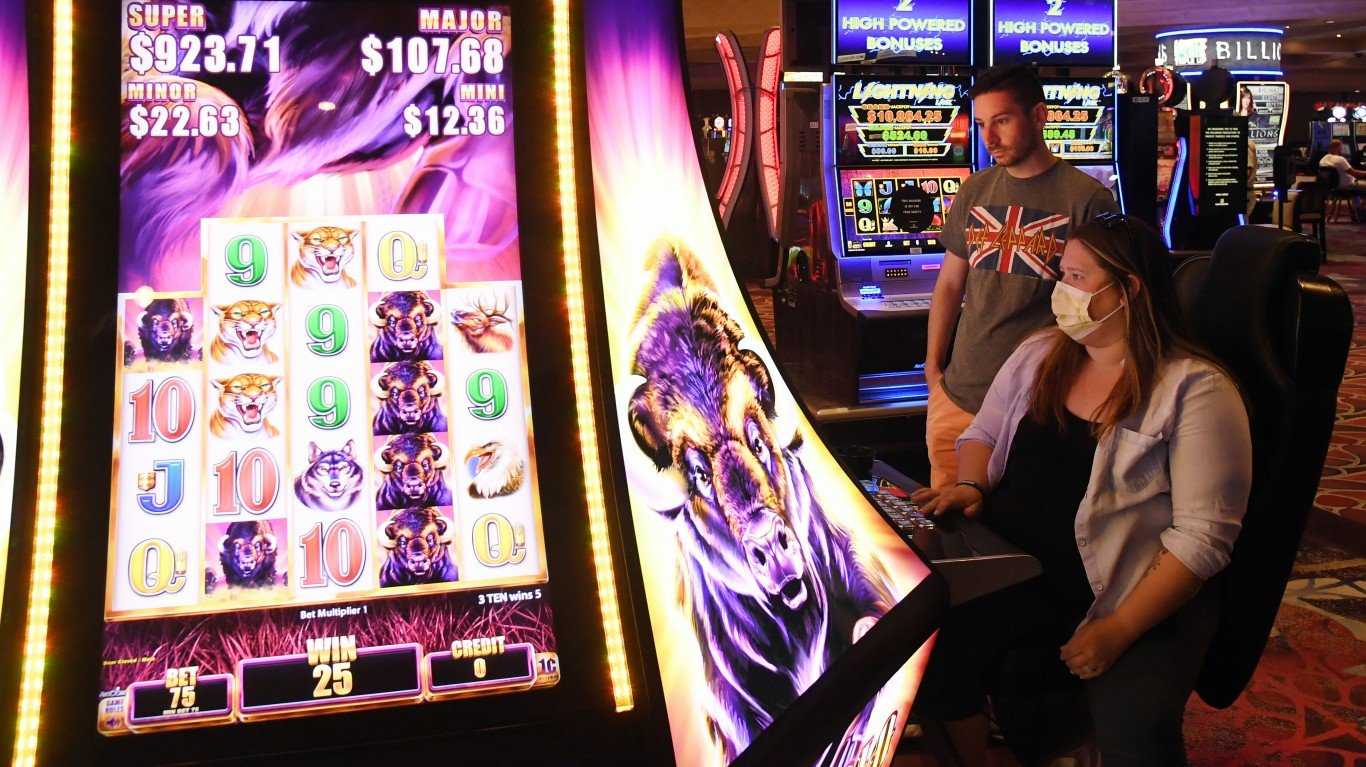
The state began phase 2 of reopening on May 29, allowing salons and tattoo parlors to open. Pools, museums, zoos, malls, bowling alleys, movie theaters, and more were also allowed to reopen with reduced capacity. Nevada’s gaming industry reopened on June 4. Live events such as sports, concerts, and theater performances may be held for broadcast, with no in-person spectators allowed. Schools will reopen for summer classes and activities.
Contactless outdoor youth sports practices can resume. Baseball and softball training can resume provided certain rules are followed, including having at least 30 minutes between training sessions to avoid crowding, players and coaches arriving no earlier than 15 minutes prior to a session, and participants picking up their own trash after all practices and activities.
Local officials have the authority to tighten restrictions in their area if necessary. As of June 26, people will be required to wear masks anywhere in public.
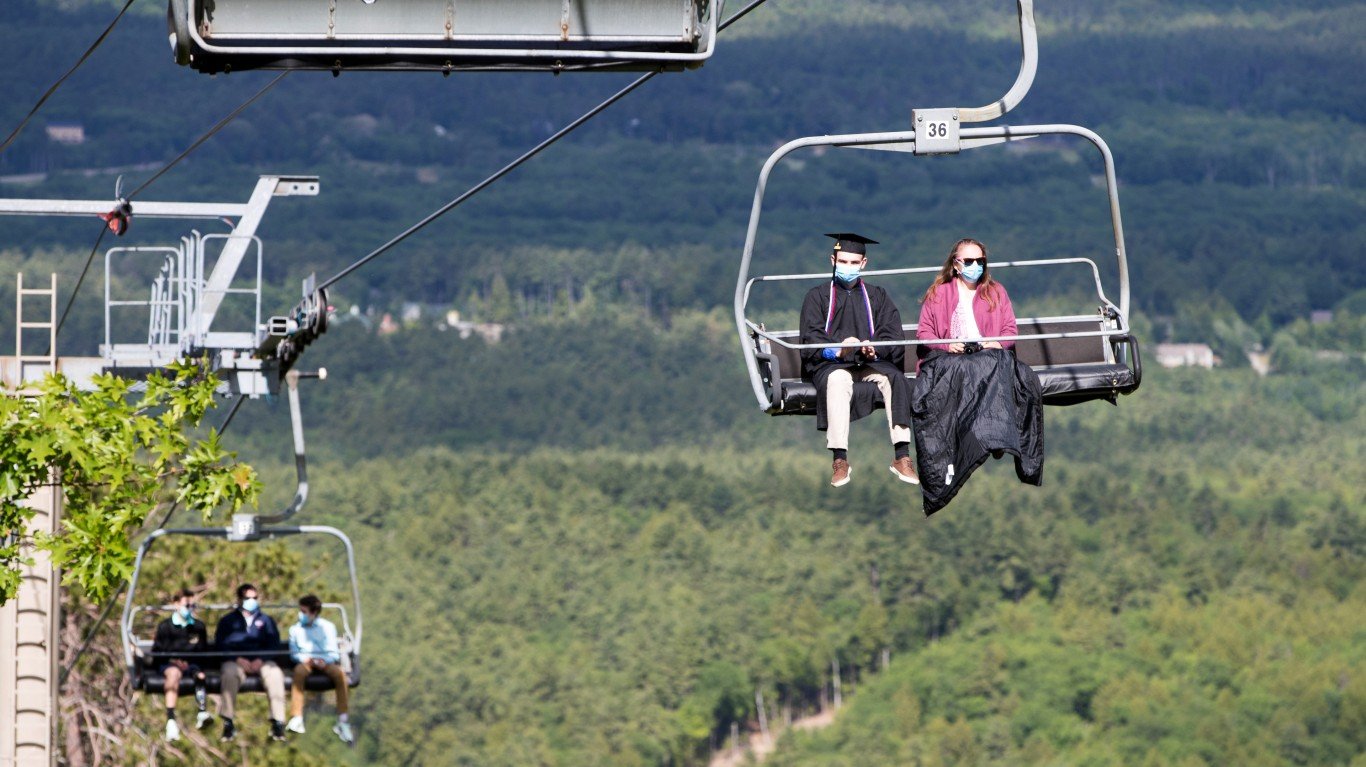
An amended stay-at-home order expired on May 31. Still, people must maintain at least 6 feet distance when outside, use proper hand hygiene, and wear a mask whenever possible. Services like salons, massage therapy centers, and tattoo shops were allowed to reopen. Hotels and short-term rentals were allowed to resume service for state residents.
Beach activities are now allowed at state seacoast beaches. As of June 15, gyms can open at 50% capacity, and amateur sports can move into phase 2. Indoor athletic facilities and road races can reopen. Bowling alleys, libraries, funeral homes, museums, art galleries and pools can also open. Outdoor attractions such as tourist trains can resume. Day camps can open after June 22. Overnight summer camps can open a week after that. Indoor movie theaters, performing arts centers, and amusement parks can all open with capacity limits after June 29.
[in-text-ad-2]
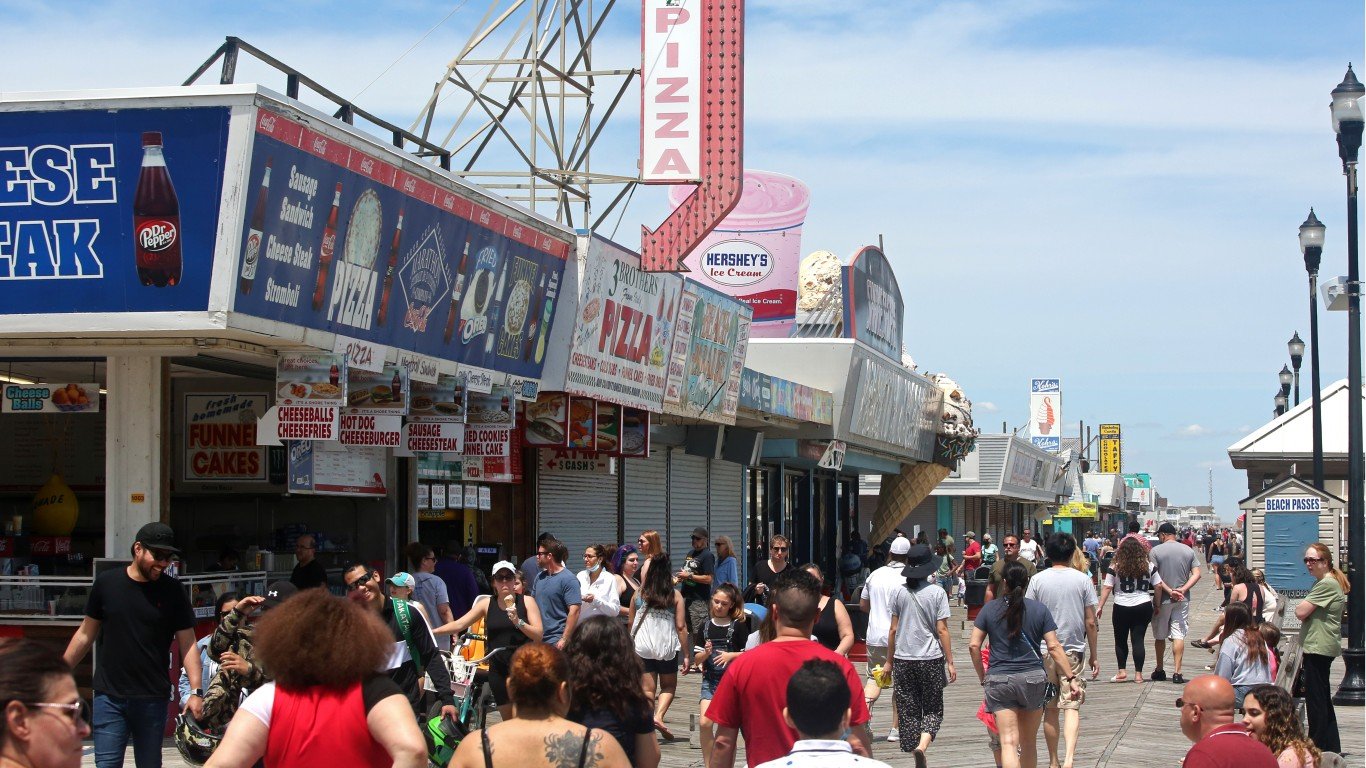
New Jersey’s stay-at-home order was lifted on June 9. Phase 2 of reopening started on June 15. Museums, libraries, limited in-person government services, and gyms can reopen. Outdoor dining and limited in-person retail can resume. Hair salons and barbershops were allowed to reopen after June 22. Career and training schools can reopen after July 1, as long as they follow health and safety protocols. Nonessential retail stores opened after June 15 at 50% capacity. Indoor portions of malls can reopen with restrictions after June 29.
Outdoor organized sports that involve no or little contact resumed on June 22. Traditional practices and competitions may be allowed after July 6 for medium-risk sports and after July 20 for high-risk sports. Amusement parks, casinos, and playgrounds statewide will be allowed to reopen July 2. The limit on outdoor gatherings may be raised to 500 people on July 3. Graduations can be held after July 6 and have a 500-person limit. People can gather outside in groups of 100.
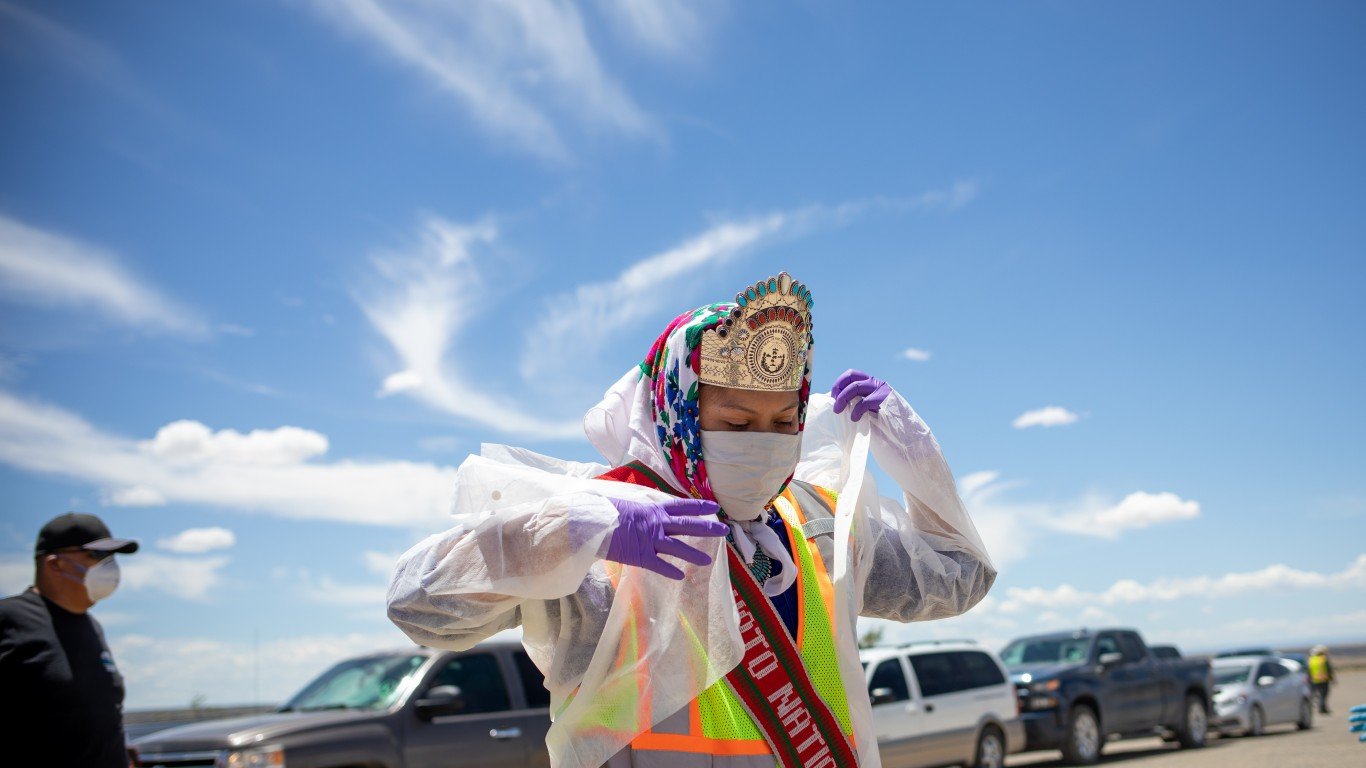
Nonessential businesses and services, including retailers, are allowed to reopen at 25% capacity. Gatherings of more than five people are not allowed. Restaurants are now allowed to resume indoor seating at 50% capacity. They can in most of the state now offer limited outdoor dine-in service. Tables must be at least 6 feet apart, and each table can have no more than six customers. Gyms can also reopen and operate at 50% capacity. Malls, barbershops, and tattoo parlors can open at 25% capacity. Many state parks are now open for day use. Breweries can now offer outdoor and patio seating at 50% capacity, in line with social distancing protocols. Indoor service is allowed at 50% capacity, but bar and counter seating is still banned.
COVID-19 testing sites located throughout the state now offer free testing on Mondays for employees at restaurants, farmers’ markets, food manufacturing facilities, and grocery stores.
[in-text-ad]
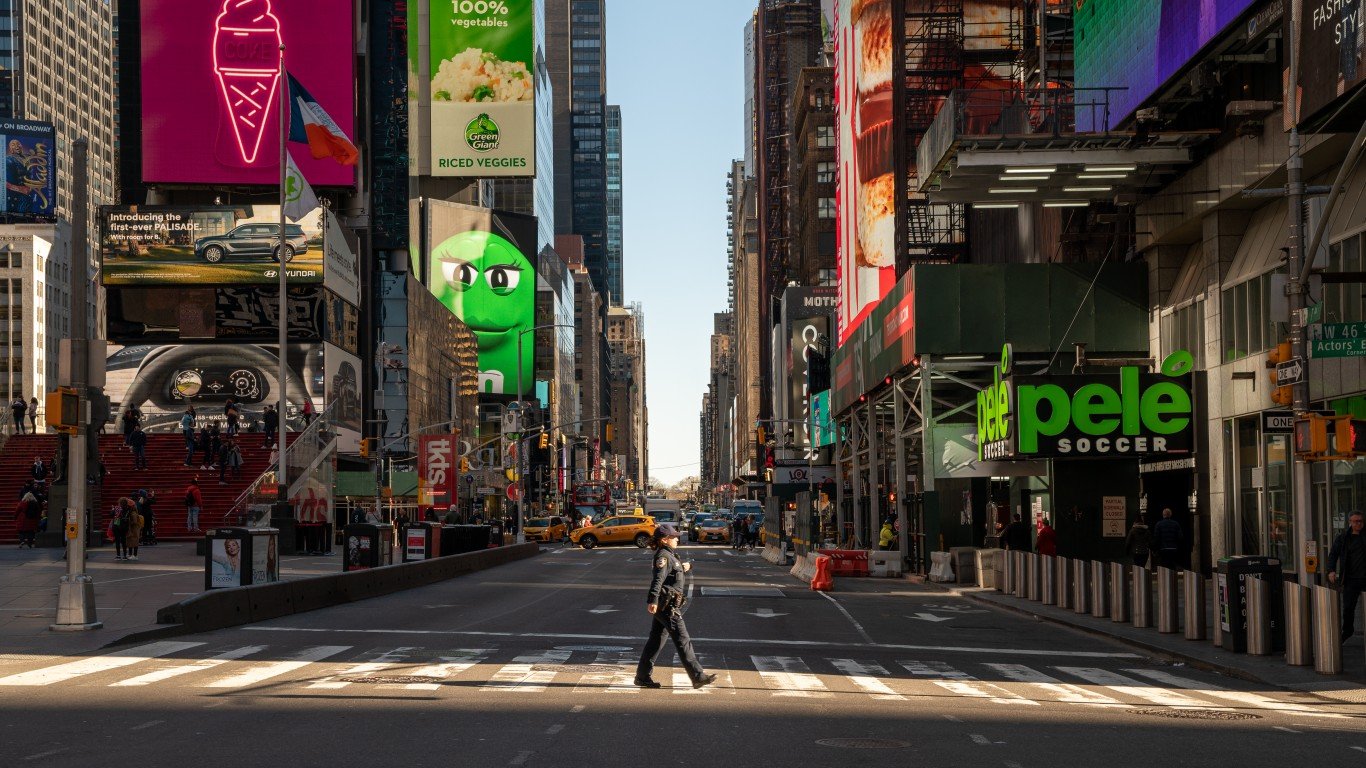
Businesses can deny entry to people without masks. Campgrounds and RV parks are now allowed to reopen statewide. In-person special education instruction can take place over the summer. Schools can hold drive-in and drive-through graduation ceremonies. Five regions are on track to enter phase 4 on June 26 — Central New York, Finger Lakes, Mohawk Valley, North Country, and Southern Tier. In phase 4, gatherings of up to 50 people are allowed, an increase from 25 allowed in phase 3. Long Island entered phase 3 on June 24.
New York City entered phase 2 on June 22. People can go back to the office. The U.S. Open will take place in Queens from Aug. 31 to Sept. 13 — the usual time every year — without a live audience. New York City is expected to enter phase 3 no sooner than July 6.
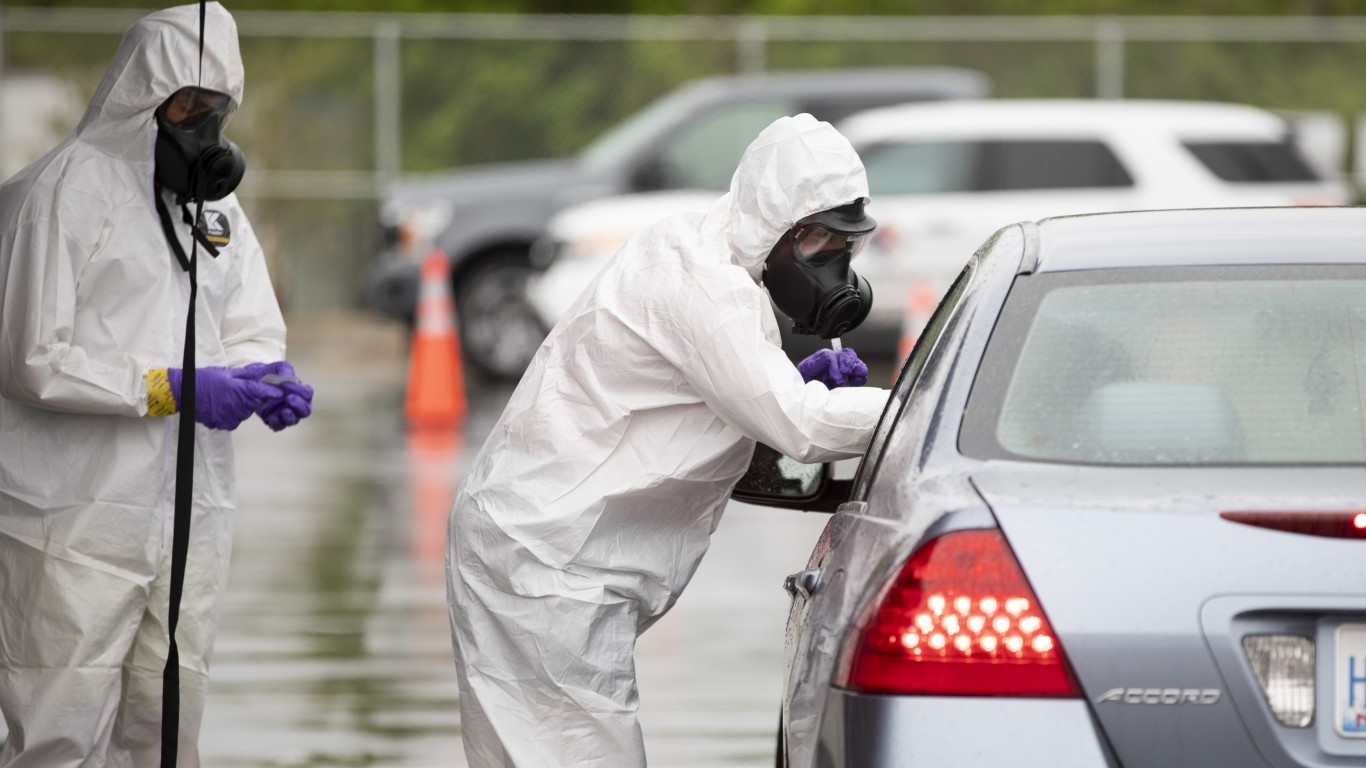
North Carolina entered its first phase of reopening on May 8, allowing retailers to operate at 50% capacity and child care centers to reopen. The modified stay-at-home order expired on May 22, when the state entered phase 2. Under the new rules, gatherings of up to 10 people indoors and 25 people outdoors are allowed. The state also advises residents to maintain at least 6 feet of distance from others in public and wear a face mask. Restaurants are now open but must operate at 50% capacity and follow strict sanitation and social distancing guidelines.
Phase 2 was set to expire on June 26, but the state paused further reopening plans due to a surge in new COVID-19 cases. People in North Carolina are now required to wear face coverings when in public, making the state the first in the South to issue such a mandate. Children under 11, people with preexisting conditions, and those exercising outdoors are exempt.
North Dakota is one of a handful of states that never issued a statewide stay-at-home order. The order for all nonessential businesses to close ended on April 30. Some businesses, including movie theaters, gyms, salons, tattoo parlors, bars, and restaurants have been allowed to open. Bars and restaurants are now allowed to increase capacity to 75%; movie theaters are allowed to increase capacity to 65%; and fitness centers may consider resuming classes with social distancing. The recommended capacity for banquets and weddings increased to 75% of venue occupancy, but to no more than 500 people.
Long-term care facilities can start a phased approach to resuming visitation, preferably outdoors. Visitors should make an appointment. Nursing homes approved for phase 1 can resume group dining and other activities such as bingo.
[in-text-ad-2]
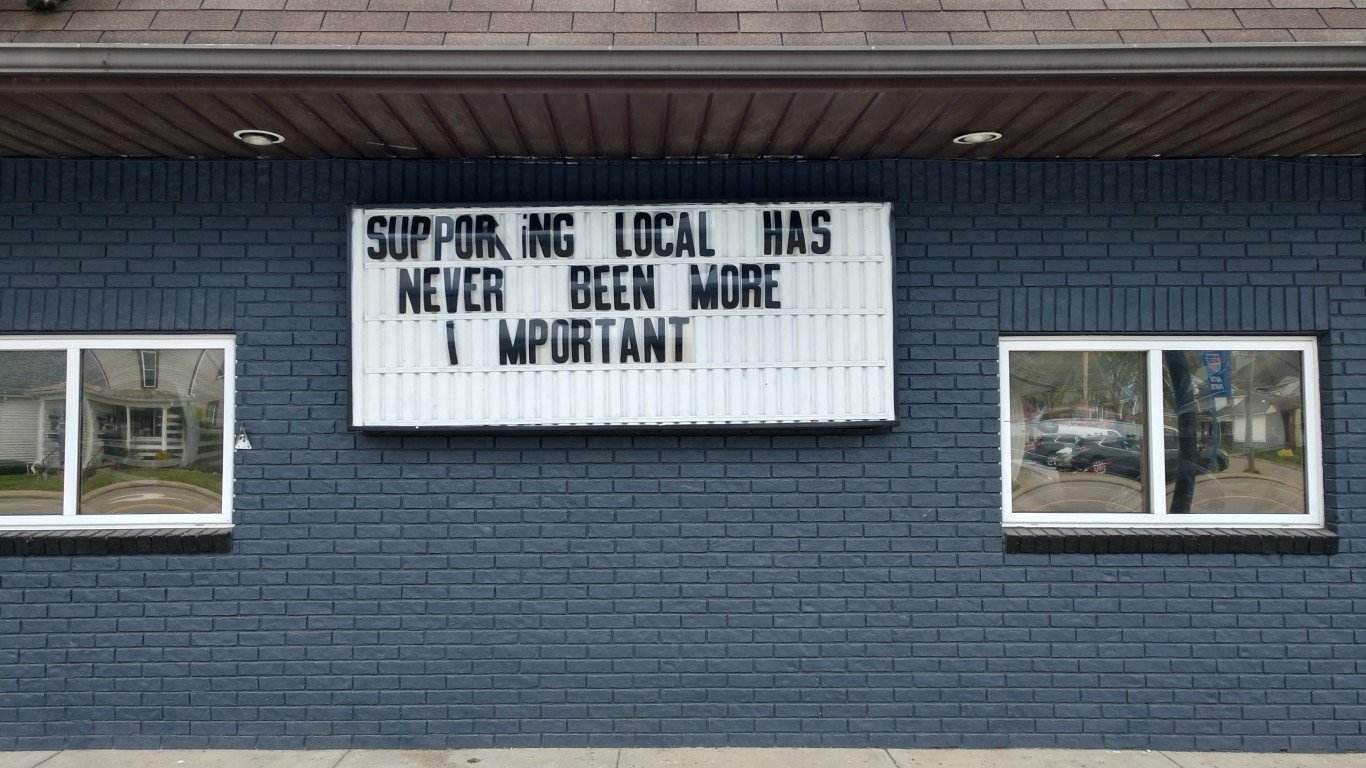
The modified stay-at-home order expired on May 29. People are required to wear face coverings when in public. Social gatherings remain limited to a maximum of 10 people.
Gyms and fitness centers are able to reopen and non-contact and limited-contact sports can resume with safety protocols in place. Public and club pools can reopen as can miniature golf, batting cages, and bowling alleys. Catering and banquet centers can reopen if tables are at least 6 feet apart and gatherings don’t exceed 300 people. Entertainment facilities such as country clubs, indoor movie theaters, outdoor playgrounds, trampoline parks, and zoos can now also open. Casinos, amusement parks, and water parks can open beginning June 19.
Contact practice for all sports were allowed to resume on June 22, as long as participants adhere to safety protocols.
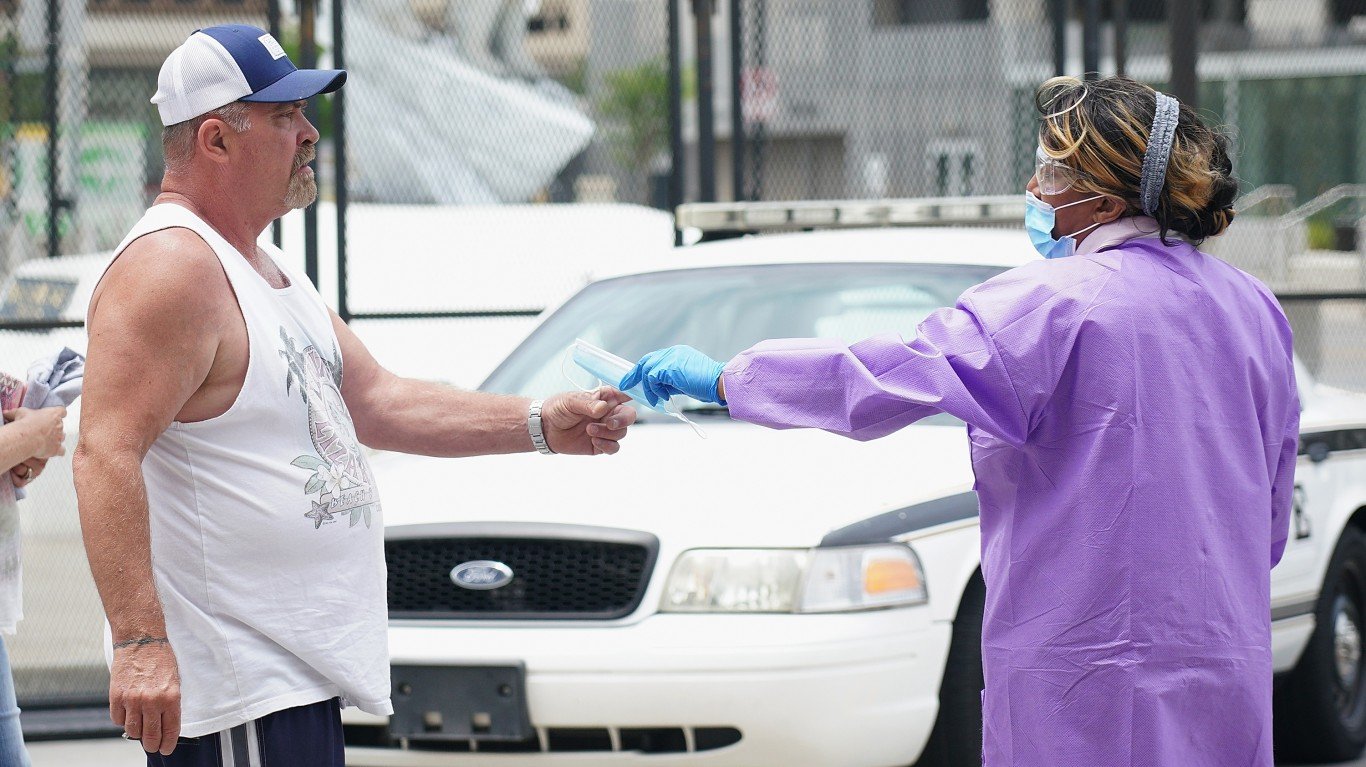
The state never issued a statewide stay-at-home order except for older people and those who have certain preexisting conditions. Restrictions on salons, barbers, and pet groomers have been lifted. Restaurant dining, movie theaters, gyms, houses of worship, and sporting venues have been allowed to reopen since May 1 with certain restrictions, including adhering to strict social distancing and sanitation protocols.
Phase 3 of reopening started on June 1. Businesses can now resume staffing at their work sites, but social distancing guidelines must be followed. Businesses that were operating by appointment only can now start accepting walk-ins. Summer camps can open in line with safety guidelines. Limited visitation to hospitals may resume. Visitation at nursing homes and long-term care facilities can now resume in a phased approach.
[in-text-ad]
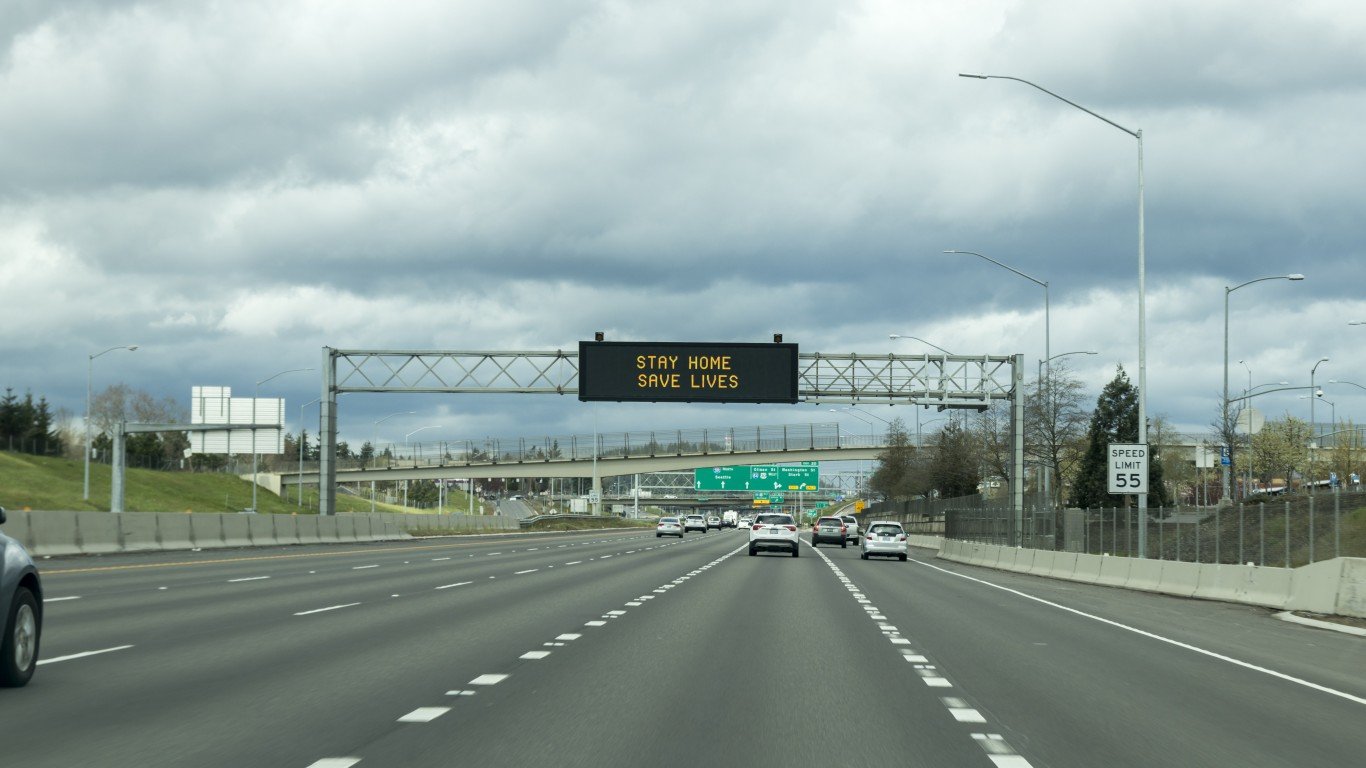
A stay-at-home order is in effect until further notice. Counties can begin lifting some restrictions when they meet certain requirements and must stay in phase 1 of the reopening for at least three weeks. Most counties are in phase 2. In phase 2, gatherings are limited to 50 people indoors and 100 people outdoors, and restaurants and bars can extend their curfews to midnight. Movie theaters and large venues can expand their occupancy to up to 250 people. Employees may begin a limited return to indoor workplaces. However, working from home is still recommended.
Statewide, zoos, gardens and museums can now open in a limited manner, and professional and collegiate sports teams can resume training with added safety precautions. The state has paused all further reopening efforts until further notice due to a surge in new COVID-19 cases.
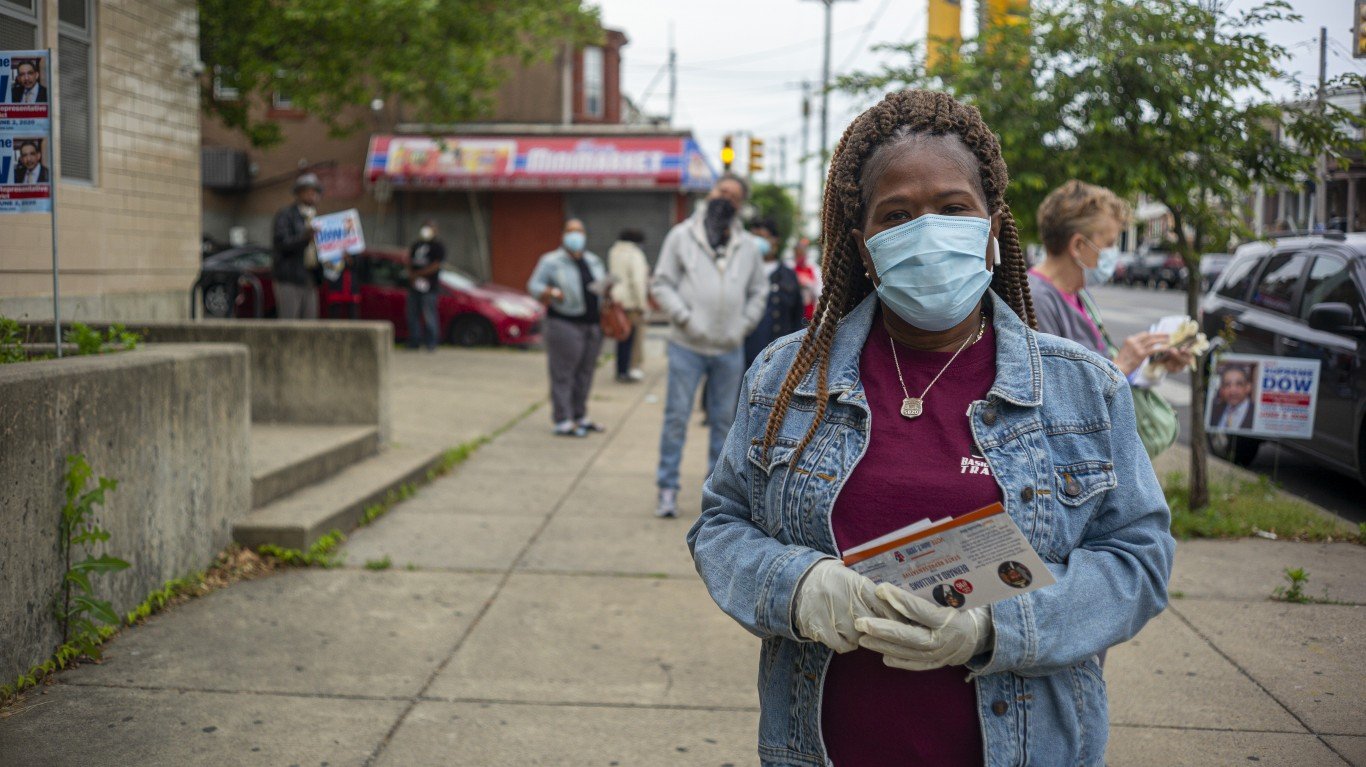
The stay-at-home order expired on June 4 for all counties, though some less-affected areas in the state reopened on May 29. Social distancing and wearing masks are required when outdoors. Working remotely is strongly encouraged, and large recreational gatherings are limited to a maximum of 250 people. Businesses can now offer outdoor activities such as mountain biking, miniature golf, motor sports, rock climbing, and tennis, provided they implement safety and social distancing protocols.
Some counties now allow outdoor dining. Professional sports teams can practice and play without fans in certain counties if they have developed a COVID-19 safety plan. All state park beaches are open. State park pools are now open but at 50% capacity.
After June 26, 12 counties will move to the last phase of reopening, though Philadelphia County will leave certain restrictions in place until July 3.
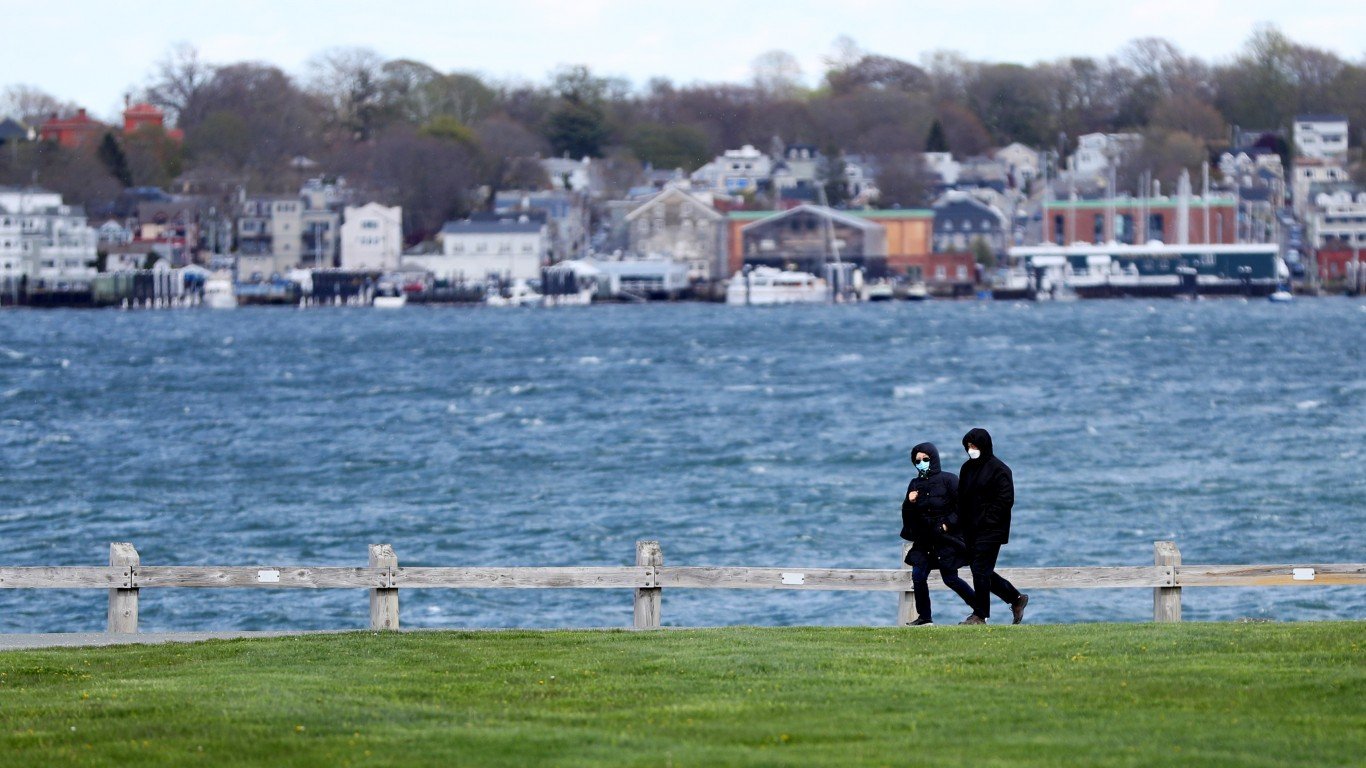
The stay-at-home order expired on May 8. People are required to wear masks indoors as well as outdoors if they can’t maintain 6 feet of distance. The state is still in phase 2 of its reopening plan. Social gatherings of no more than 15 people are allowed. Offices can open but to no more than 33% capacity. Working from home, though, is still encouraged. State park and beaches are now open, but capacity is limited.
Malls, hair salons, barbershops, and other businesses that offer personal services can reopen with restrictions. Gyms, fitness studios, and small group fitness classes are allowed to reopen but with limited capacity. Child care services can now reopen but in small groups. Summer camps and other youth summer programs will begin after June 29.
[in-text-ad-2]
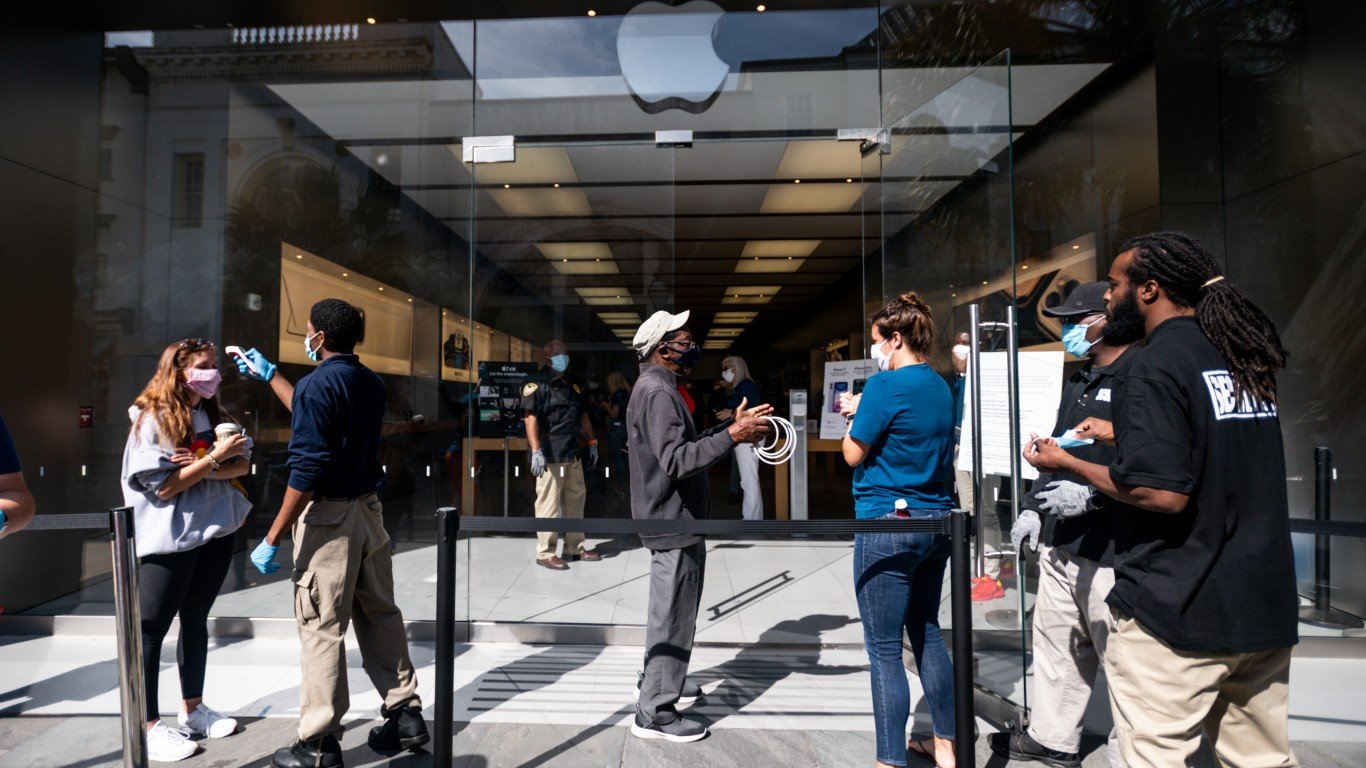
The stay-at-home order expired on May 4. Orders for out-of-state visitors to quarantine have also expired. Though the state of emergency order was extended, occupancy limits on retail businesses have been lifted. Bowling alleys are now open, but customers should bring their own bowling balls and shoes if possible. Traveling restrictions on visitors from high-risk areas have been lifted as well.
Residents are encouraged, but are no longer required by law, to work from home. Restaurants can choose to reopen for limited dine-in services if they follow state guidelines. Outdoor customer dining services are also allowed. Youth and adult sports leagues started practicing on May 30, and competitions are now permitted. Day camps can operate provided they comply with health and safety guidelines such as campers following physical distancing per groups.

The state never issued a statewide stay-at-home order, but it did institute some restrictions on gatherings and businesses. An order that required state residents to observe social distancing and CDC-recommended hygiene practices expired on May 31, but the state of emergency has been extended until December 30.
Businesses are now allowed to reopen if the surrounding area has reported a downward trend in cases for two weeks. Employees can now be called back to the office, though administrative leave is allowed for those who cannot come in and cannot work remotely.
[in-text-ad]
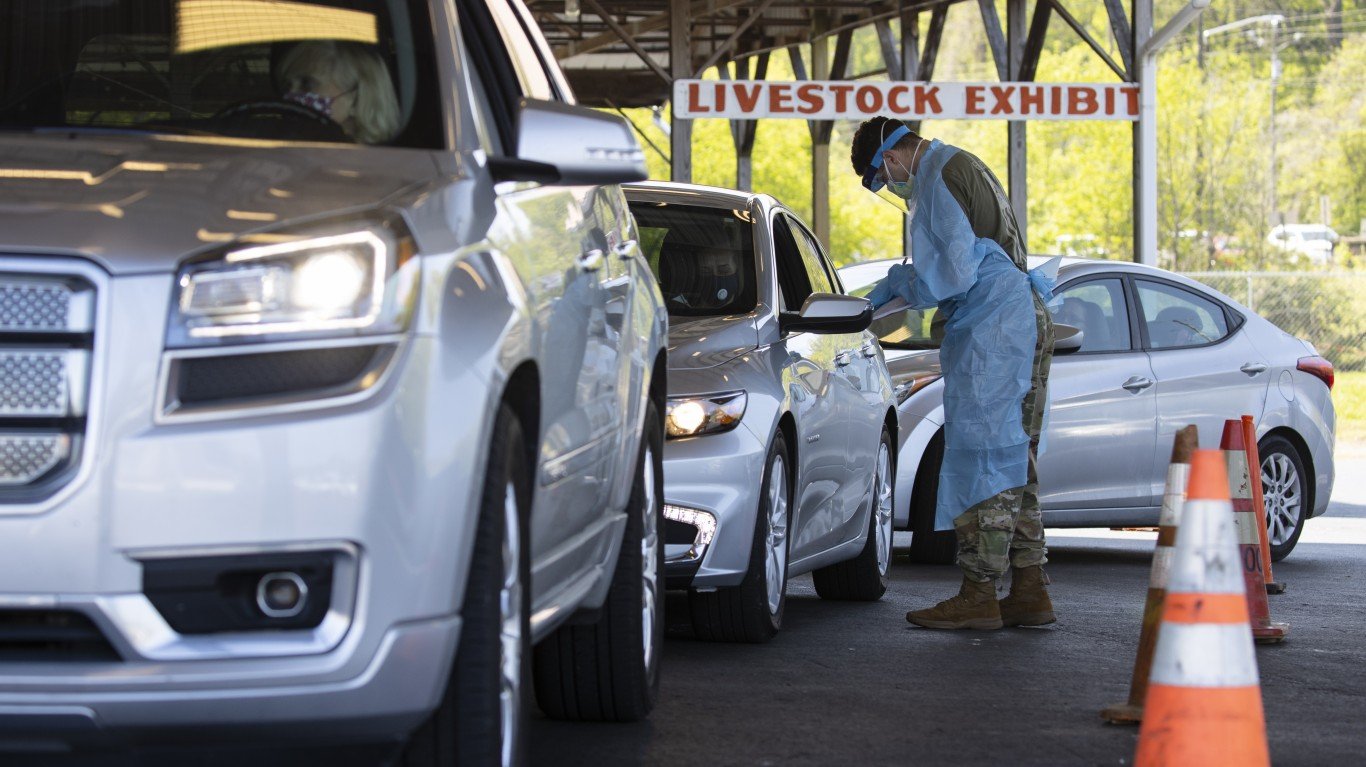
The stay-at-home order expired on April 30. A safer-at-home order was in effect until May 29. Many businesses have been allowed to open in the meanwhile. Restaurants can offer in-person but limited-capacity dining. Noncontact sports, like baseball, golf, or tennis, were allowed to resume on May 22, as was higher education.
Groups of up to 50 people can gather outside for social and recreational purposes if they practice social distancing. Visitation at nursing homes and other long-term care facilities resumed with restrictions on June 15.
Shelby County, which includes Memphis and is the largest county in the state, has plans to return to phase 1 (from the current phase 2) of reopening after a spike in daily new coronavirus cases.

The stay-at-home order expired on April 30. The state is now in phase 3 of reopening. Most businesses previously operating at 25% capacity can expand to 50%. Bars can increase their capacity to 50% as long as customers stay seated. Restaurants can now expand their occupancy to 75%.
All air travel restrictions, including mandatory quarantines for out-of-state travelers, have been lifted. Zoos and water parks are allowed to reopen with limited capacity. Amusement parks and carnivals in counties with more than 1,000 confirmed positive cases can open at 50% capacity.
As of June 25, all plans for further reopening have been halted due to a recent increase in new COVID-19 cases and hospitalizations. Just like before restrictions started to be lifted, elective surgeries are banned to preserve bed space for coronavirus patients.

The state never issued a statewide stay-at-home order. The stay safe, stay home directive expired on May 1. In-restaurant dining, gyms, and salons can now open. Gatherings of up to 20 people are allowed. Malls and national parks can reopen under tight restrictions. People are still encouraged to avoid nonessential travel. College campuses may be open for in-person classes with increased cleaning and hygiene regimen.
Most of the state is still in the yellow (or low-risk) phase of reopening. In it, there are no economic activities that are categorically prohibited if people practice social distancing and proper hygiene.
A reopening plan, called Utah Leads Together Volume 4, lays the foundation for economic recovery and focuses specifically on the next 100, 250, and 500 days. The plan emphasizes connecting unemployed individuals with available jobs, distributing assistance, upskilling workers, and investing in infrastructure projects that will help economic growth.
[in-text-ad-2]
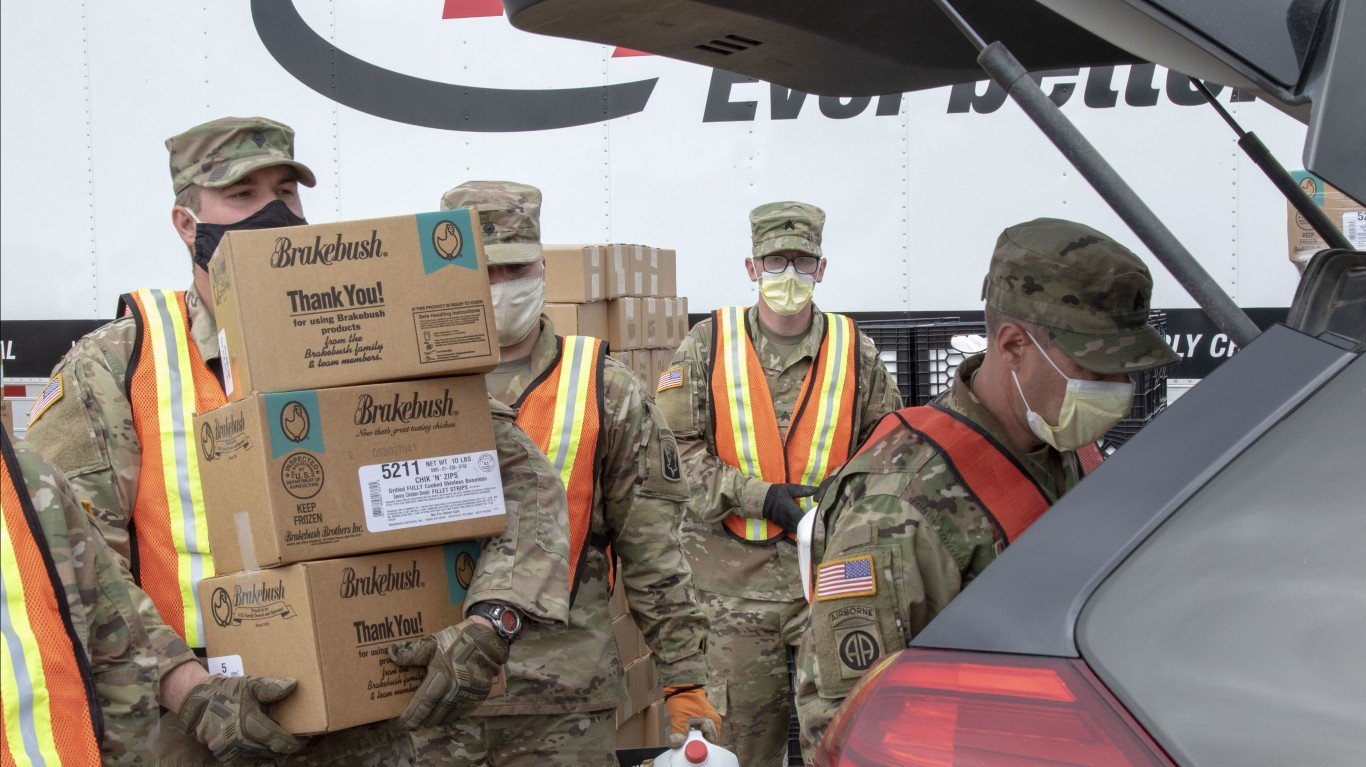
The stay-at-home order expired on May 15. As of June 17, Vermont residents aged 65 and older are no longer required to stay at home. Retail and lodging businesses have reopened. Hair salons and barbershops can reopen but by appointment and with limits on occupancy. Transactions must be cashless and touchless, and owners must keep a customer log in case contact tracing is needed later.
Travel restrictions have been loosened. Out-of-state visitors can visit Vermont, but they have to complete a 14-day quarantine or a 7-day quarantine if they present a negative test result taken in their home state or in a Vermont lodging.
After June 26, events can have up to 75 people indoors and up to 150 outdoors. Arts, culture and entertainment venues, as well as restaurants, can expand capacity to 50% or one person per 100 square feet.
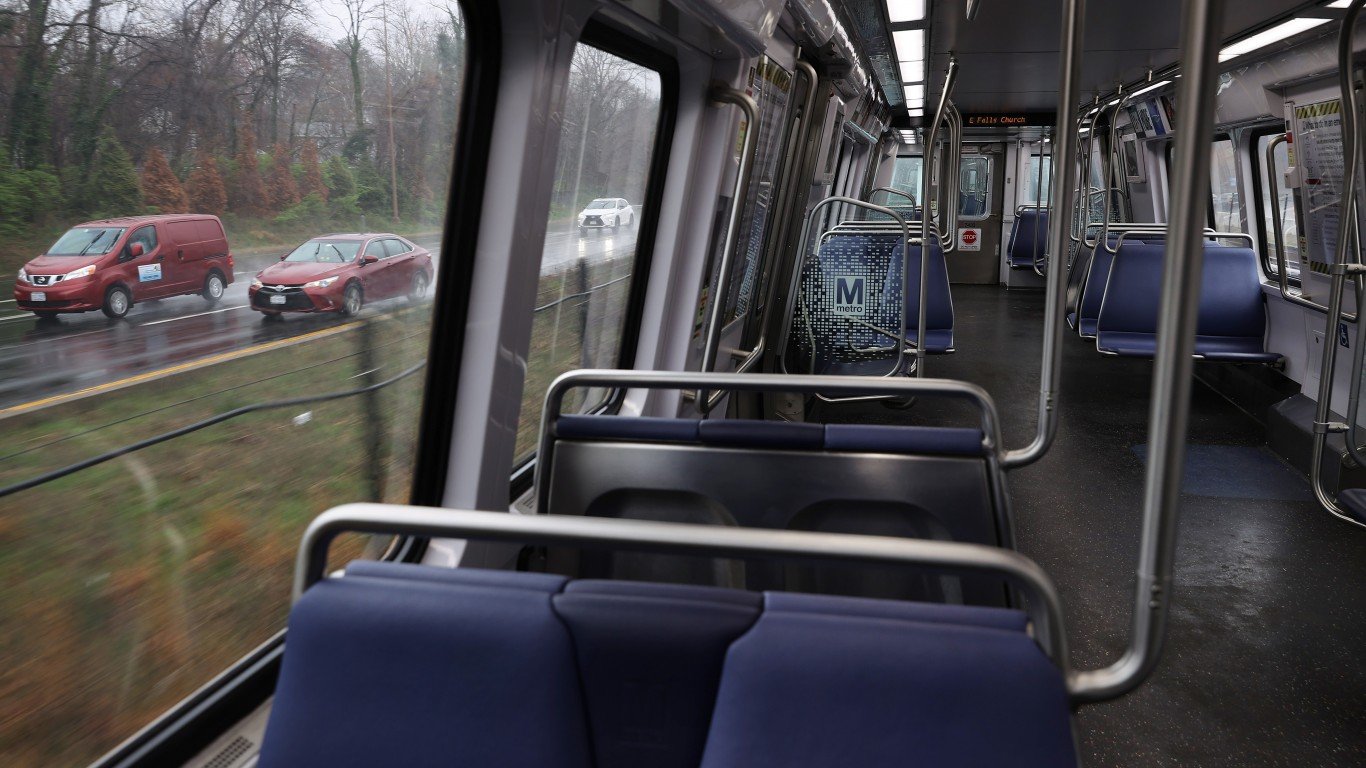
A stay-at-home order was in effect until June 10. All counties were allowed to begin reopening as of May 28. The state is currently in phase 2 of reopening. Restaurants can provide indoor dining at 50% occupancy, and fitness centers can open indoor areas at 30% occupancy. Museums, zoos, aquariums, gardens, and outdoor sporting and performance venues can open with restrictions. Swimming pools may expand operations to indoor and outdoor exercise. Diving and swimming instruction can resume as well in phase 2.
Virginia will begin phase 3 on July 1. Social distancing and face coverings will still be required. Social gathering limits will increase to 250 people or 50% of occupancy, whichever is less. Fitness centers can open indoor areas at 75% occupancy. Recreation and entertainment venues may operate at 50% capacity or a maximum of 1,000 people. Overnight summer camps will remain closed.
[in-text-ad]
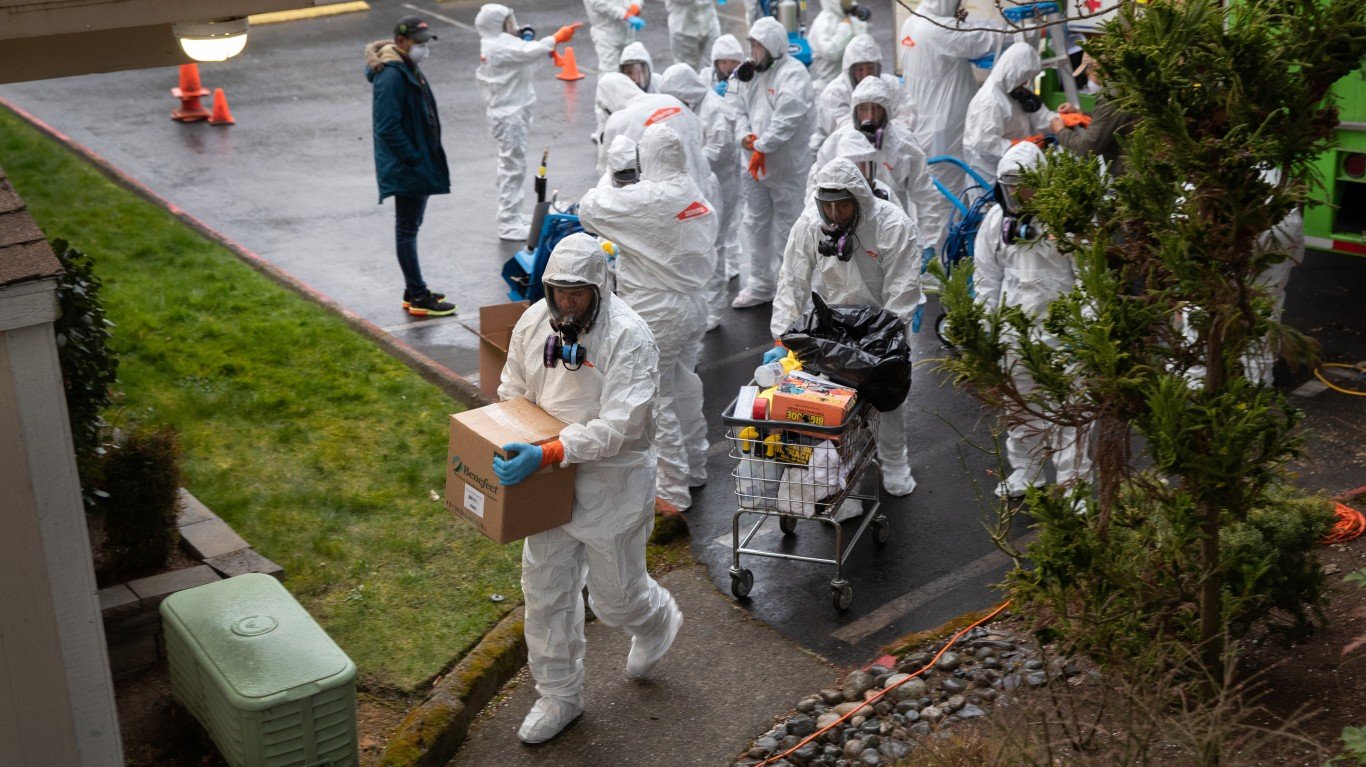
A stay-at-home, stay healthy order was in effect until May 31 and has been replaced since by a Safe Start reopening plan. Most of the state’s counties are in phase 2 of reopening, in which restaurants, salons, and stores can open in a limited capacity. In-person real estate activities such as sales and appraisals with up to three people and fitness and training services have been allowed to resume since May 19 in counties that are in phase 2 of reopening.
There were three counties in phase 1, 23 counties in phase 2, and 10 counties in phase 3. In phase 3, people are allowed to gather outside in groups of no more than 50 people, recreational facilities can open at 50% capacity, nonessential travel can resume, restaurants can expand capacity to 75%, bars can open at 25% capacity, and movie theaters can open at 50% capacity.
As of Friday, June 26, face coverings will be required when in public across Washington state.
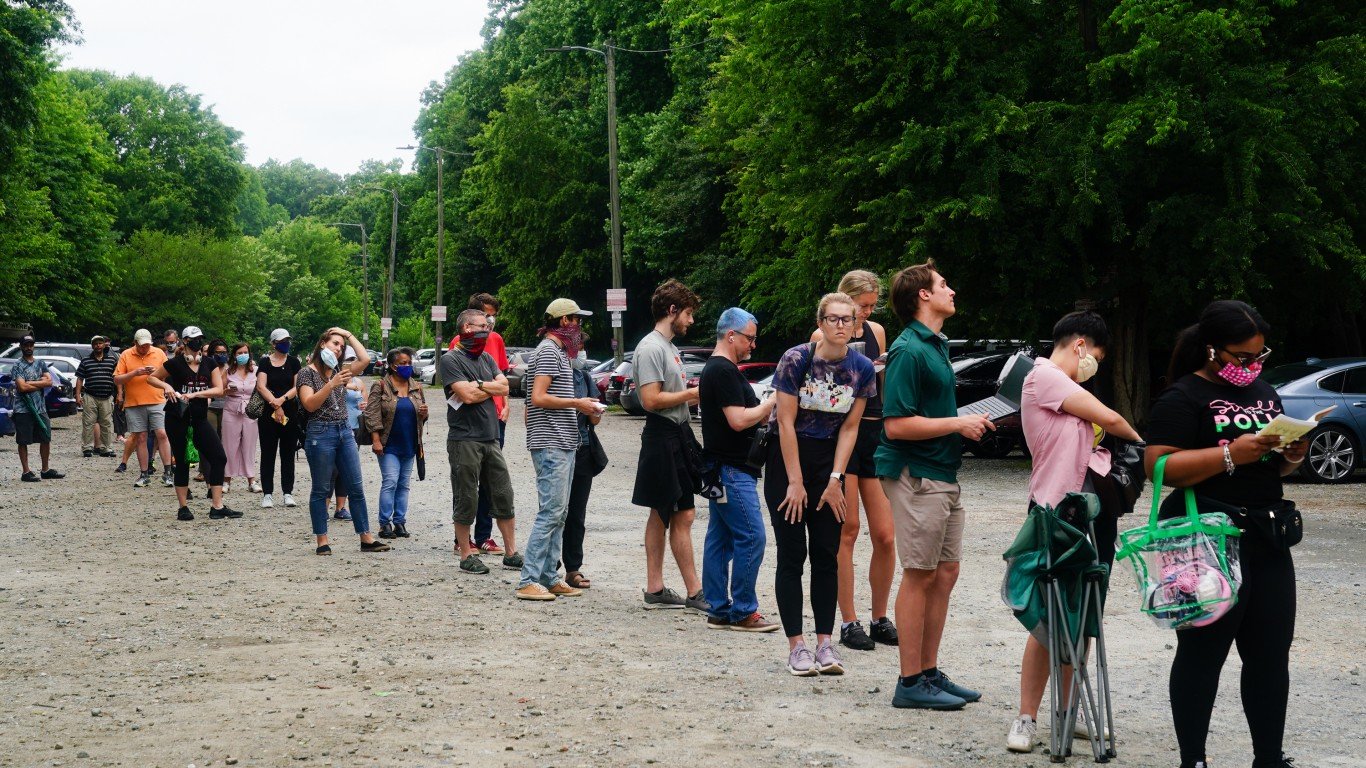
Residents are encouraged but not required to stay inside. State park cabins, museums, and zoos are reopen. Bars can serve at 50% capacity. Spas and massage businesses are open. So are swimming pools, bowling alleys, pool halls, roller rinks, other indoor amusement venues, and movie theaters. Social gatherings in public are now limited to 100 people, up from 25.
Low-contact outdoor youth sports and little league organizations can now resume practices, and sports games can start after June 22. Sports venues and facilities can open as well. Counties can organize outdoor in-person graduation ceremonies after June 22 as well. Open-air concerts, fairs, and festivals will be allowed to take place after July 1.
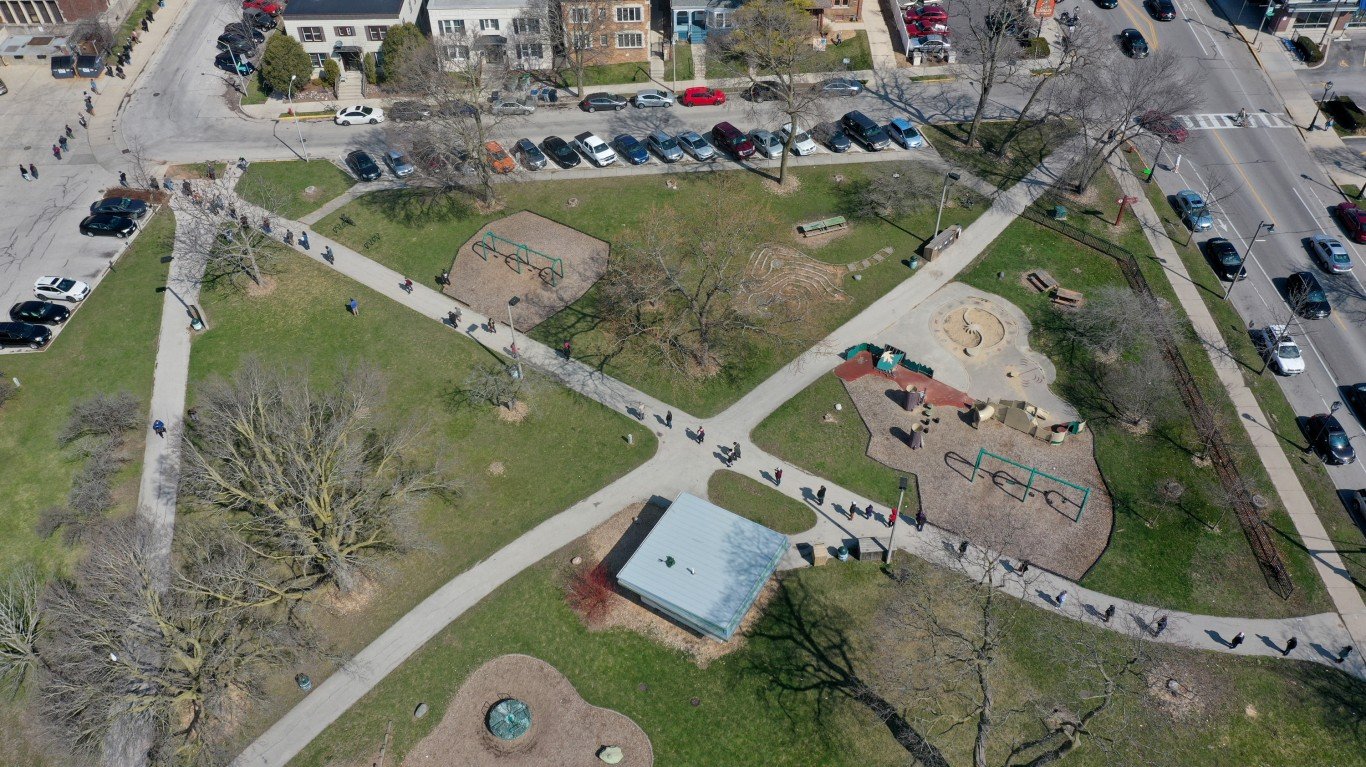
A stay-at-home order was supposed to be in effect until May 26, but the state’s Supreme Court struck it down on May 13. All restrictions were then lifted. Some districts have imposed their own stay-at-home orders, though most have already lapsed.
The state released guidelines for schools to reopen in the fall. Classes will be a combination of in-person, physically-distanced, and virtual learning. Classroom sizes will have to be reduced, which may make attending school in shifts necessary. Four-day school week — with the fifth day being designated for cleaning — is also an option.
[in-text-ad-2]

Outdoor gatherings of up to 250 people have been allowed since June 1, but people must practice social distancing. Indoor gatherings of up to 250 people are now allowed as well. Schools, community colleges, the University of Wyoming and other educational institutions can resume in-person instruction, but fitness classes cannot be of no more than 50 people.
Child care facilities resumed normal operations with unlimited class sizes on June 15. Fitness class limit is now 50 people. Personal care services no longer have to operate by appointment only. Long-term care facilities can now resume outdoor, in-person visitation under specific health guidelines.
Take This Retirement Quiz To Get Matched With A Financial Advisor (Sponsored)
Take the quiz below to get matched with a financial advisor today.
Each advisor has been vetted by SmartAsset and is held to a fiduciary standard to act in your best interests.
Here’s how it works:
1. Answer SmartAsset advisor match quiz
2. Review your pre-screened matches at your leisure. Check out the
advisors’ profiles.
3. Speak with advisors at no cost to you. Have an introductory call on the phone or introduction in person and choose whom to work with in the future
Take the retirement quiz right here.
Thank you for reading! Have some feedback for us?
Contact the 24/7 Wall St. editorial team.
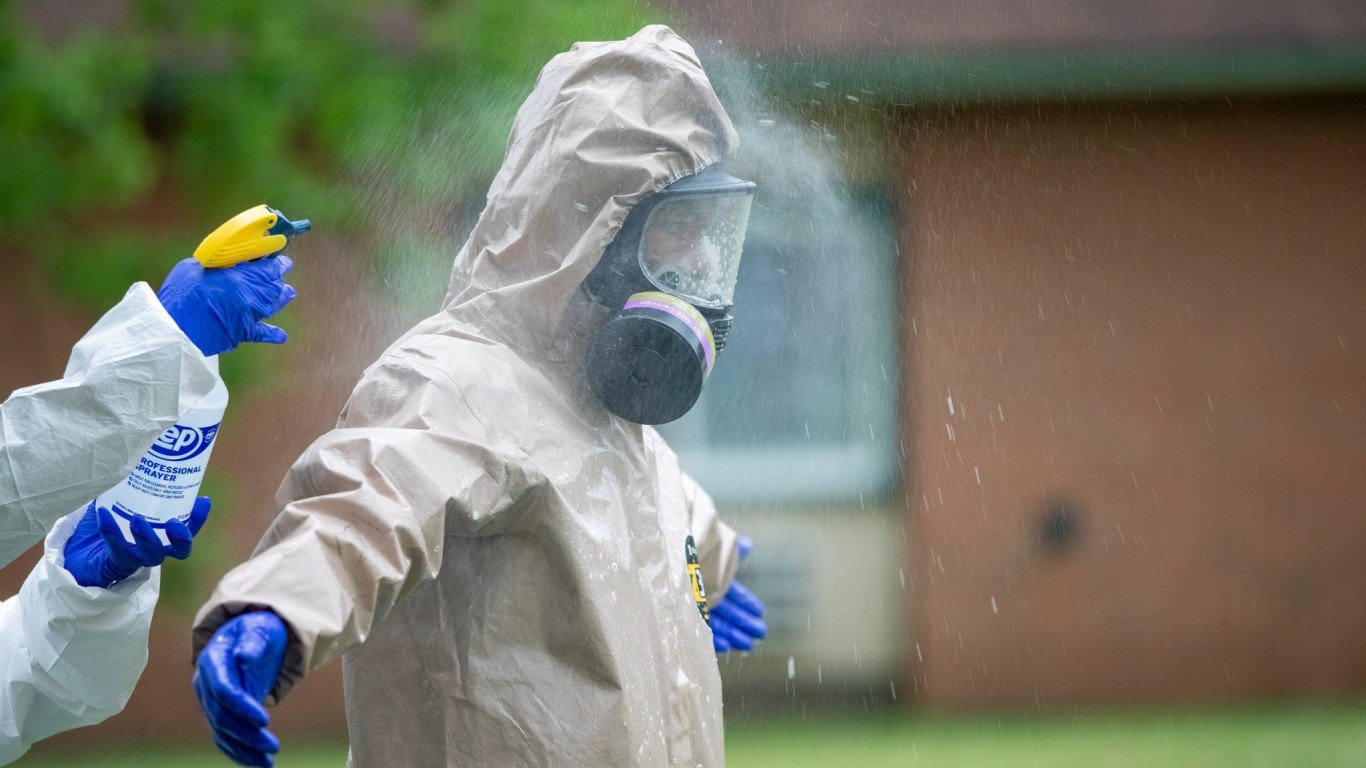
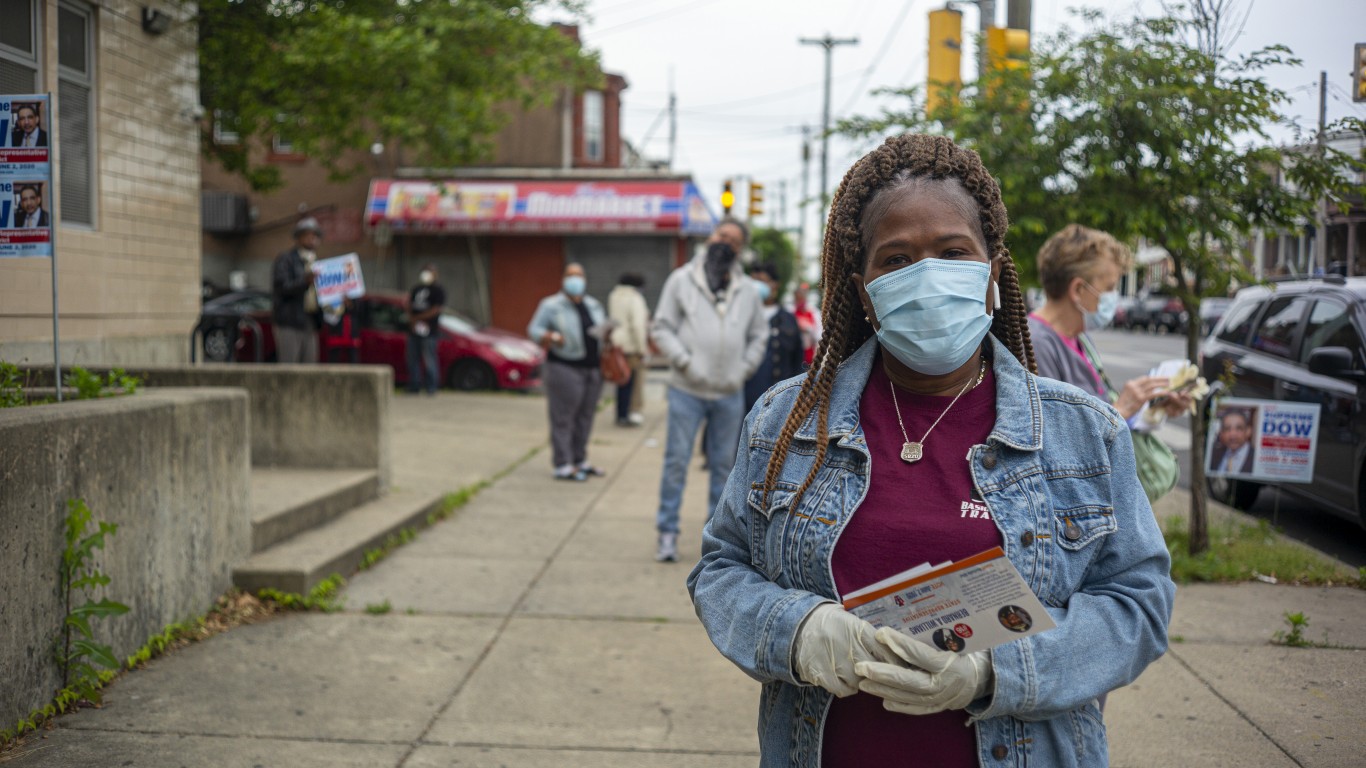 24/7 Wall St.
24/7 Wall St. 24/7 Wall St.
24/7 Wall St.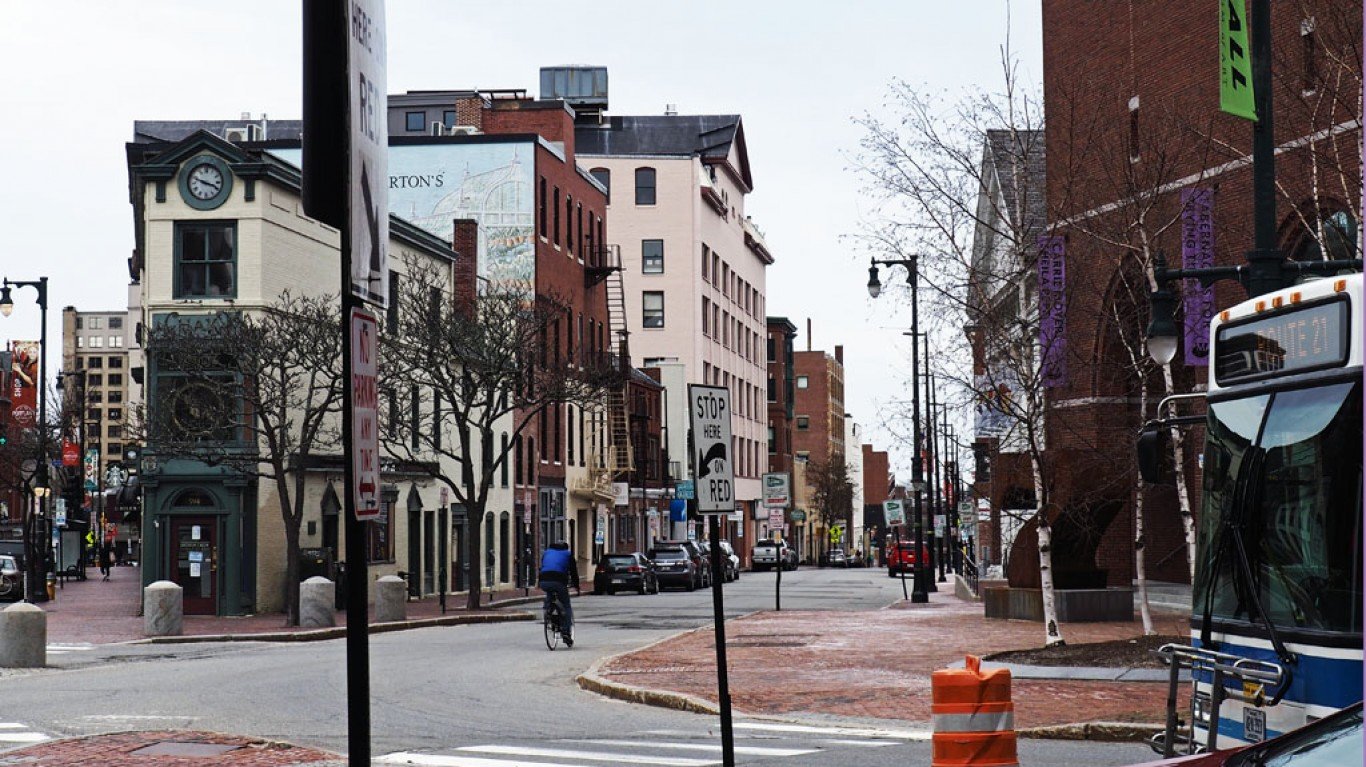
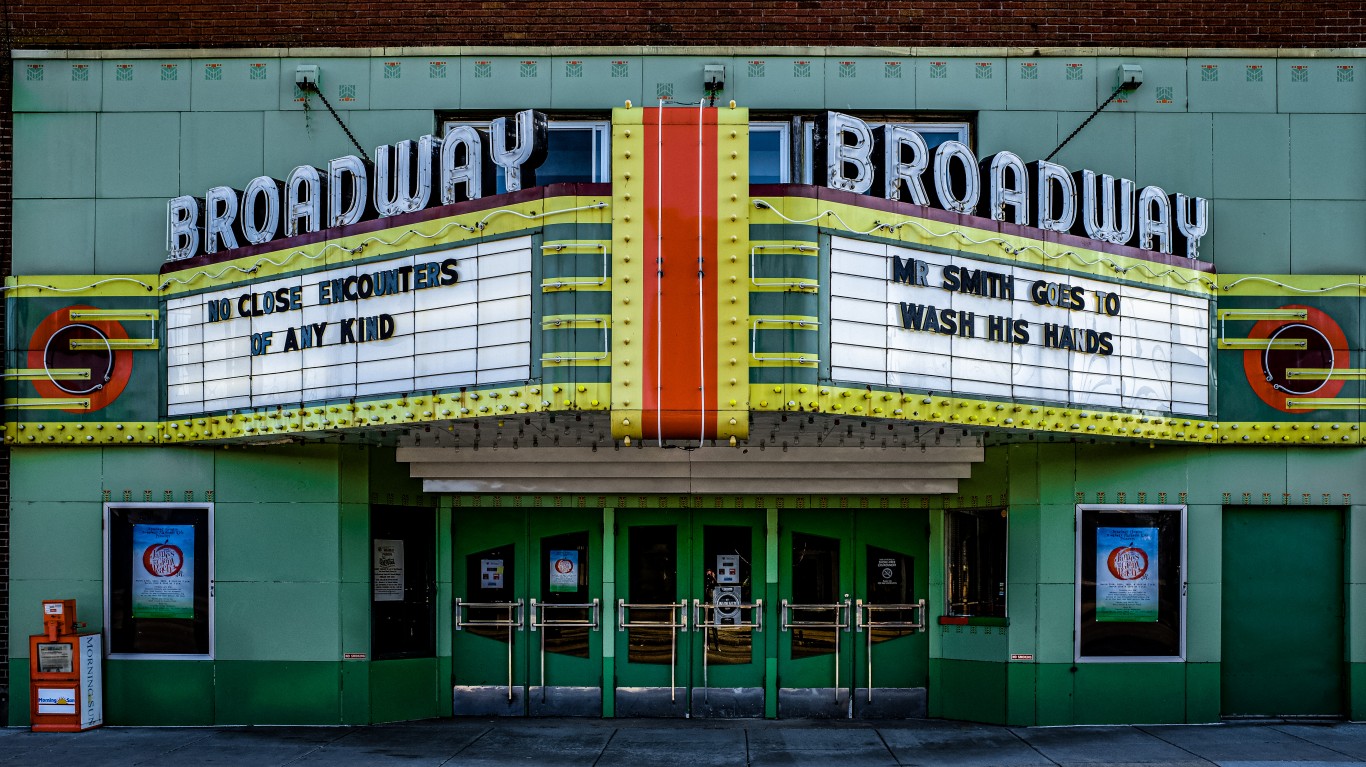
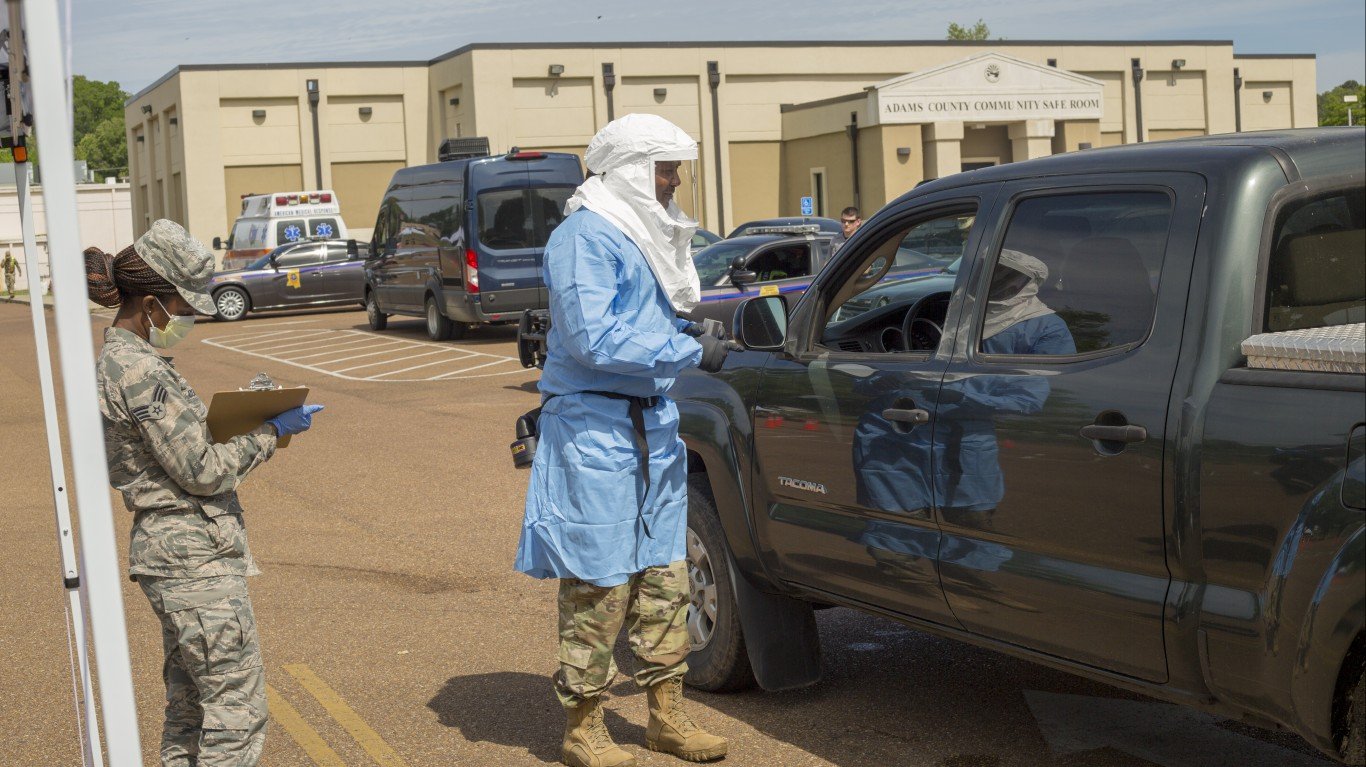
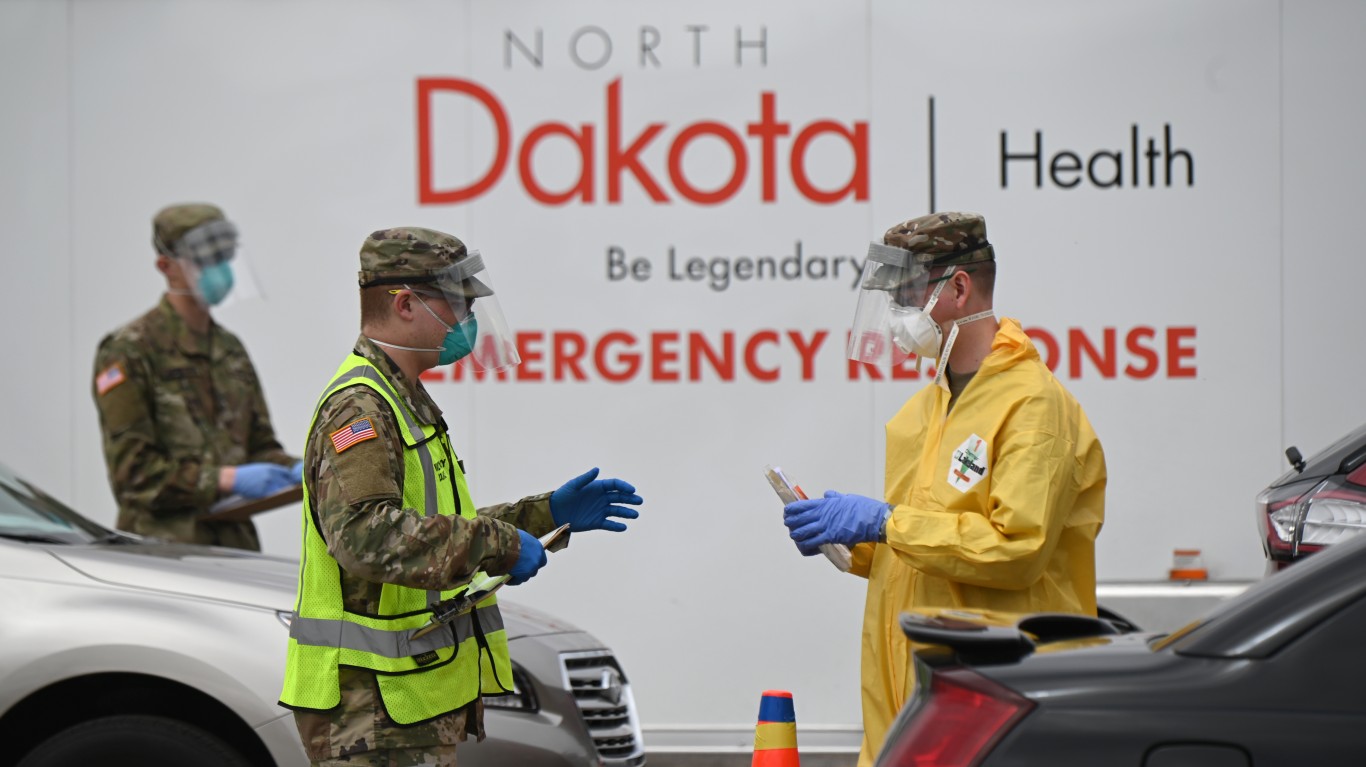
 24/7 Wall St.
24/7 Wall St.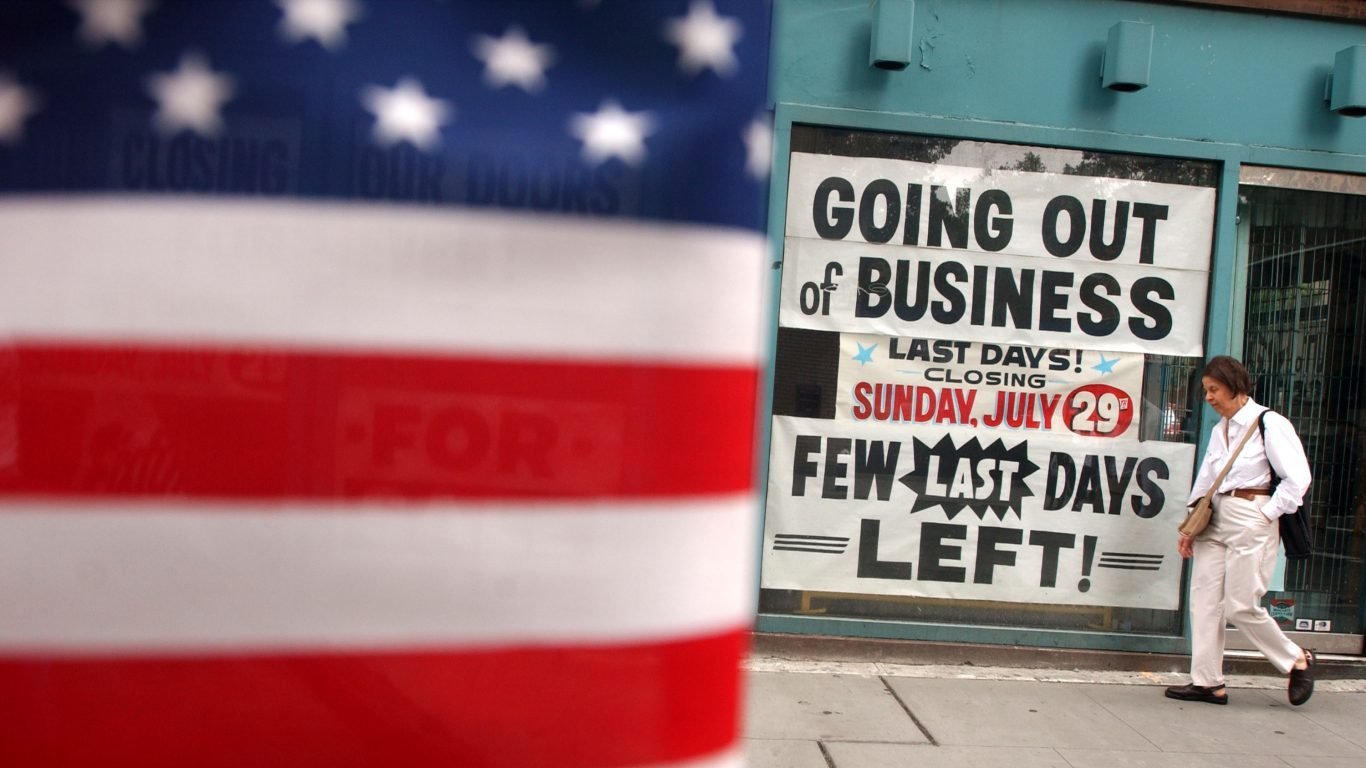 24/7 Wall St.
24/7 Wall St.

